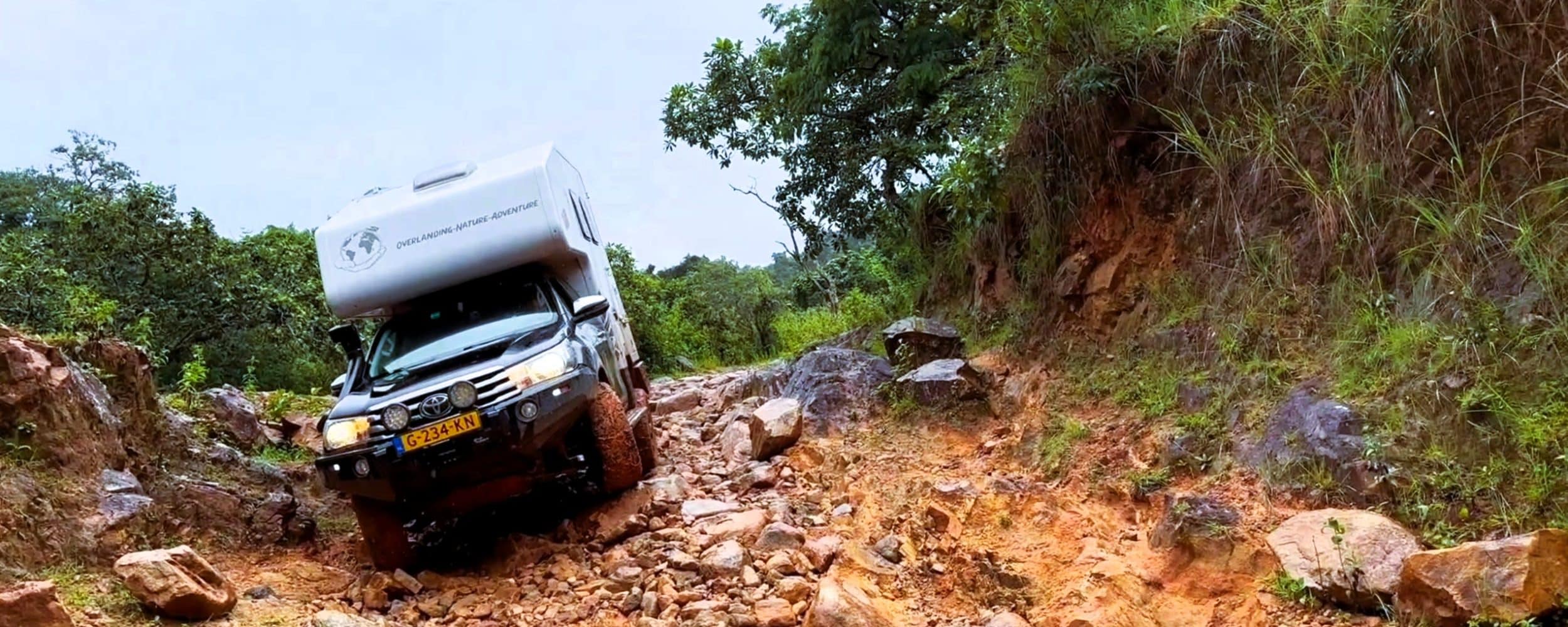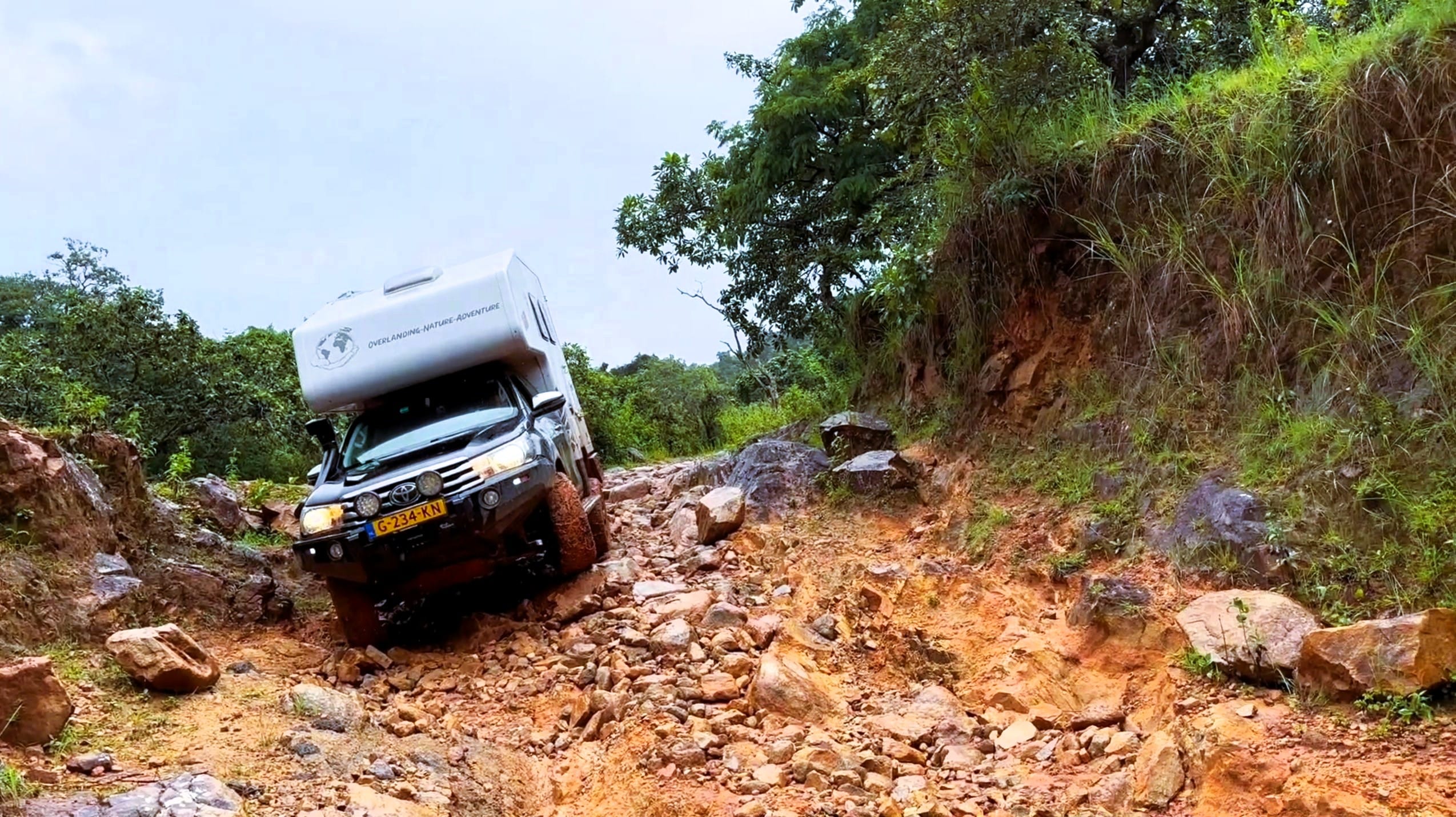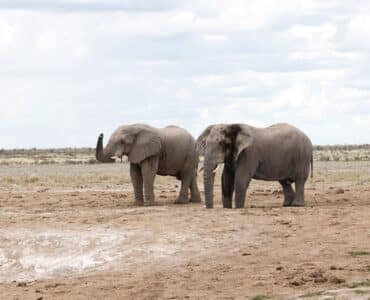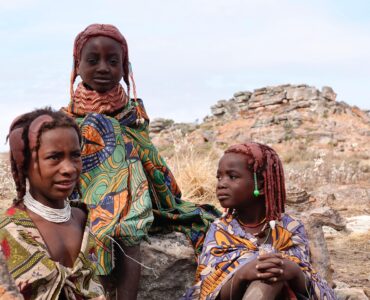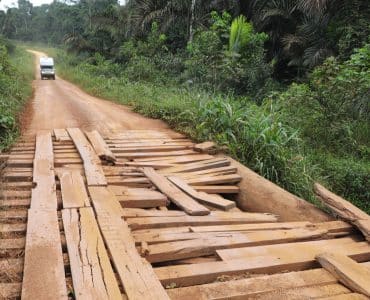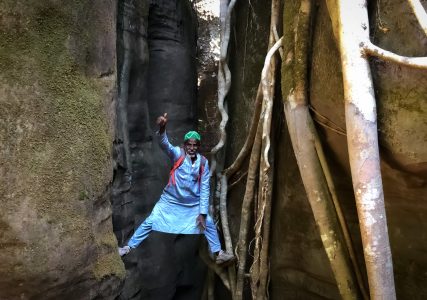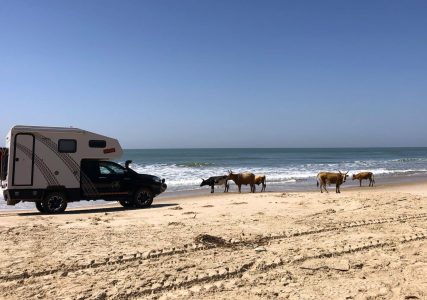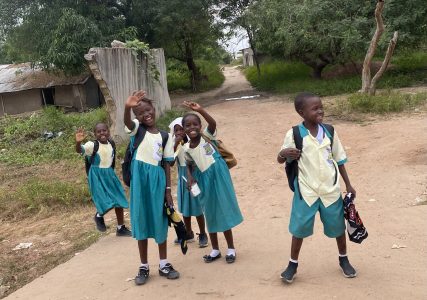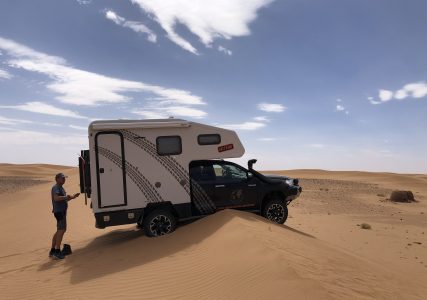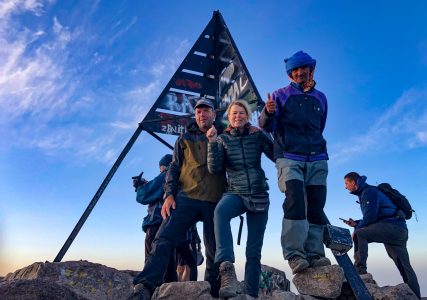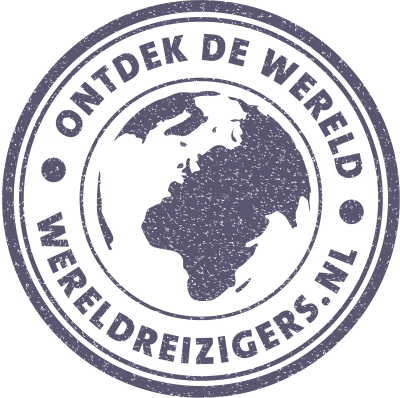We (Cor and Grietje van NoFear Travel), travel with our Toyota Hilux 4×4 camper by Africa. The African continent is the Mecca for 'overlanding' with many challenging routes and beautiful destinations. The first African country we visited during our trip to South Africa is Morocco, followed by Mauritania, Senegal, Guinea, Sierra Leone, Liberia, Ivory Coast en Ghana. After a stopover in the Netherlands we continue our overland journey through Africa. We started in Togo en Benin and have now arrived in Nigeria. You can read all about it in this article.
Naturally, you can also start watching the video again.
Plan your holiday to Africa here
- Itineraries you can compare + request quotes Africaplus, Africa tailor-made, Djoser, king monkey, rickshaw travel, sawadee en shoestring.
- Flight tickets for Africa you book through Skyscanner.
- Hostels, Hotels and Resorts in Africa you book Booking.com.
- Rental cars : Sunnycars en rental cars.
- Tours and Activities in Africa you book through GetYourGuide.
- travel items such as suitcases, bags and more you can buy at Bol.com.
- SIM cards for Africa you buy extra International sim.
- Parking at the airport you can arrange via Parkos, park care of iParking.
About Nigeria | Some background information
Nigeria, that's another dimension… We've read and heard a lot about Nigeria and certainly not much good in terms of security. A reason for us to be extra careful.
Also read: Worldly | What are the safest and most dangerous countries in Africa?
Nigeria is a huge melting pot of about 250 different ethnic groups that speak just as many different languages. Fortunately, most of them also speak English. Although the different sources of information contradict each other, the country is inhabited by more than 200 million people. Abuja is the capital.
In 1960, Nigeria was decolonized from the United Kingdom. Its area is almost twice as large as that of Spain.
The country is both Christian and Islamic, with Islam being the main adherent in the north. It's in the north Boko Haram active. The group that is out to turn Nigeria into a totally Islamic state. They regularly commit kidnappings and attacks and, according to the latest counts, have at least 23.000 deaths in recent decades.
They only operate in the north of the country, where we don't go.
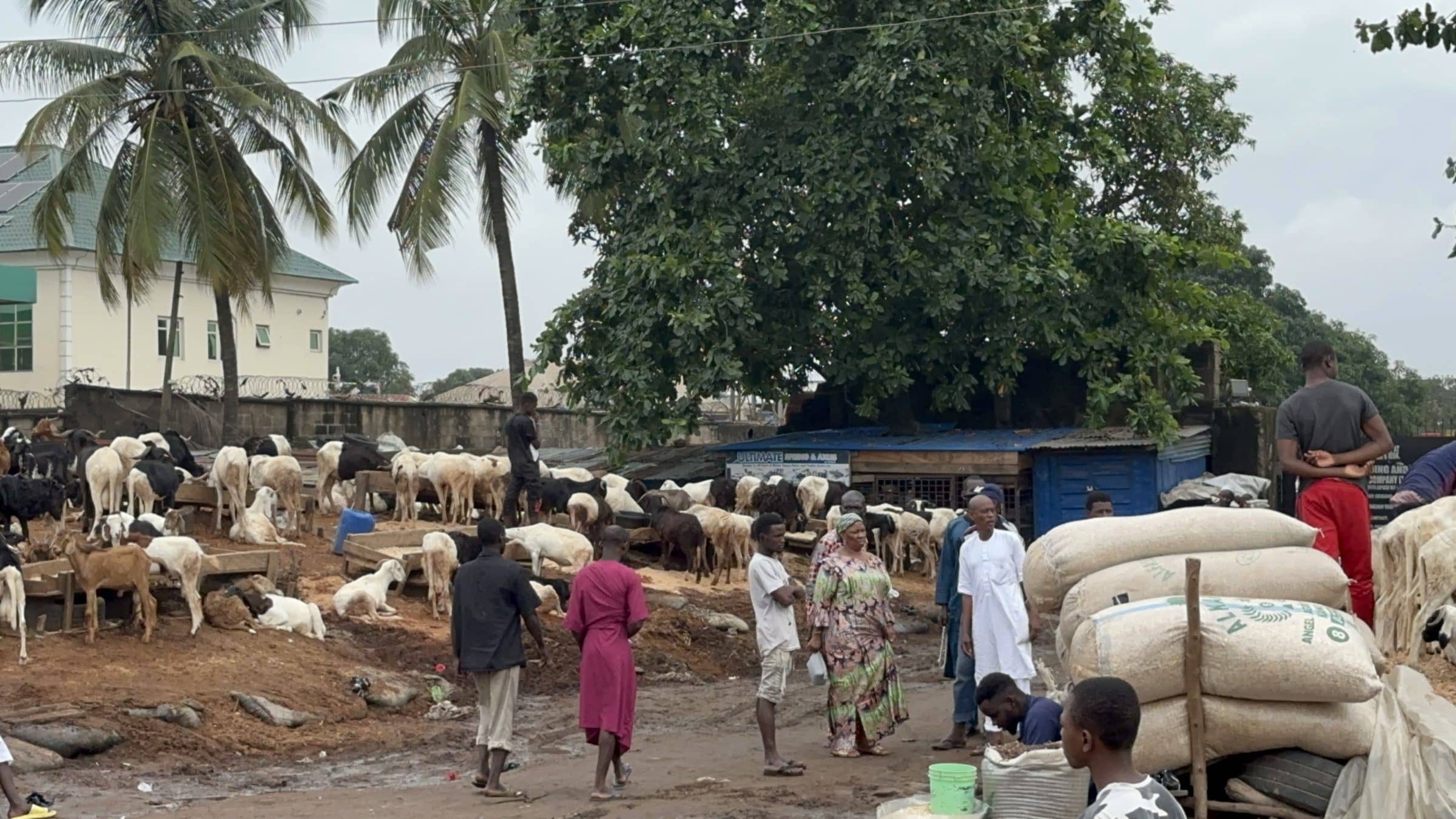
Border crossing Benin – Nigeria
From Benin we take the southernmost border crossing with Nigeria. As we arrive we are immediately ambushed by money changers. They want to pamper us by helping with parking and point out the offices where we need to be.
But in the end, one office with several counters proves to be sufficient. This is because there is a cooperation between the immigration and customs services of both countries. We get our stamps from counter to counter. We are called into his office by a senior Nigerian official, he has some additional questions. In the end it still takes about two hours.
Visa For Nigeria
Obtaining one visa for Nigeria is a challenge in itself. Many overlanders have to go through a lengthy process and sometimes even pay huge amounts to get a visa. We were a little more lucky because we were able to arrange this during our travel break in the Netherlands. Not that this was easy… Grietje spent many days scraping together the necessary papers. With a pack of paper a few centimeters thick, we then traveled to The Hague to apply to the Nigerian embassy. After another week of suspense, the message finally arrived that the visas had been granted. We had also heard stories of rejections without giving a reason.
Overlanding in Nigeria
Checkpoints en route to Lagos
On the way to the Lagos we pass more than 50 checkpoints, where we are actually stopped by about half. Some with a barrel on the road and others with a cart with dangerous sharp points.
At one of the checkpoints, the gentlemen were clearly looking for something. Driver's license, passports, car papers, fire extinguisher, safety vests, warning triangle ... everything was checked. Until one of the gentlemen noticed that we don't have a reflective triangle on the back of our vehicle.
We had to go to the office to pay a fine. After some negotiations with us arguing that they were the first agents in twenty countries to make this observation, we were able to continue our way with a warning in our pocket.
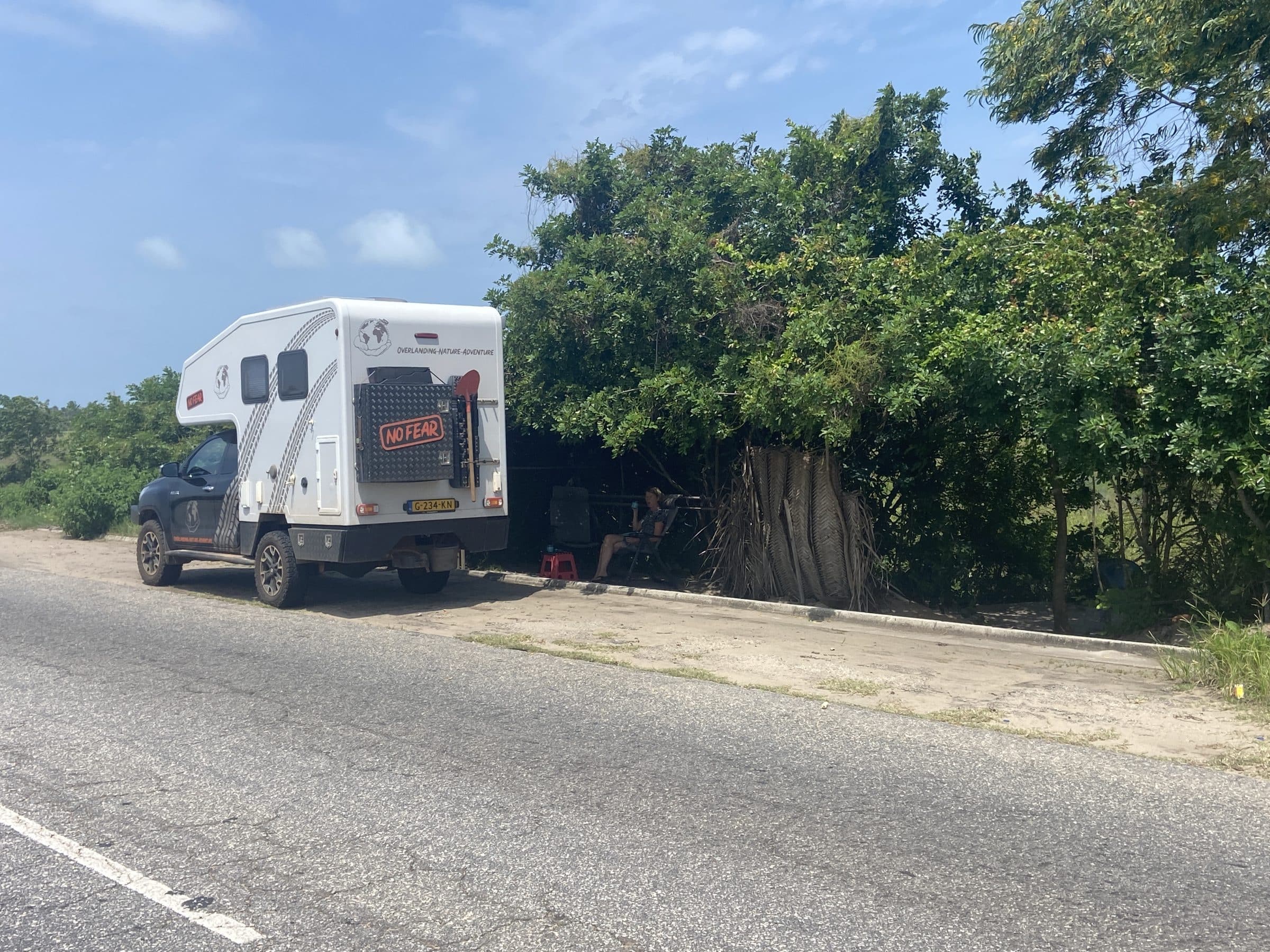
Lagos, the largest city in Nigeria
The first impression of Nigeria's largest city is overwhelming, chaotic. The city with over 15 million inhabitants stimulates every sense. The swarming of people, the extremely busy traffic….the shouting and honking, it takes us some time to acclimatise.
The countless taxi vans dented on all sides, which have their own traffic rules, determine the street scene. But the shiny bins of the wealthy also demand their place on the overcrowded streets. Driving against traffic is almost the most normal thing in the world, people bribe the police for a few hundred niara (penny issue) and happily drive on.
The difference between rich and poor is huge. In the center we see a number of shiny office buildings towering high above the rest, while at street level you get sick of the open sewers, interspersed with beggars and many people who try to earn a living from street trading. A police officer told about the enormous number of underprivileged street boys who were born in far too large families and whose mothers are not capable of raising their offspring.
The city reminds us of it Senegalese Dakar, but bigger, even more intensive. Fortunately a little less dusty, because main roads are asphalted.
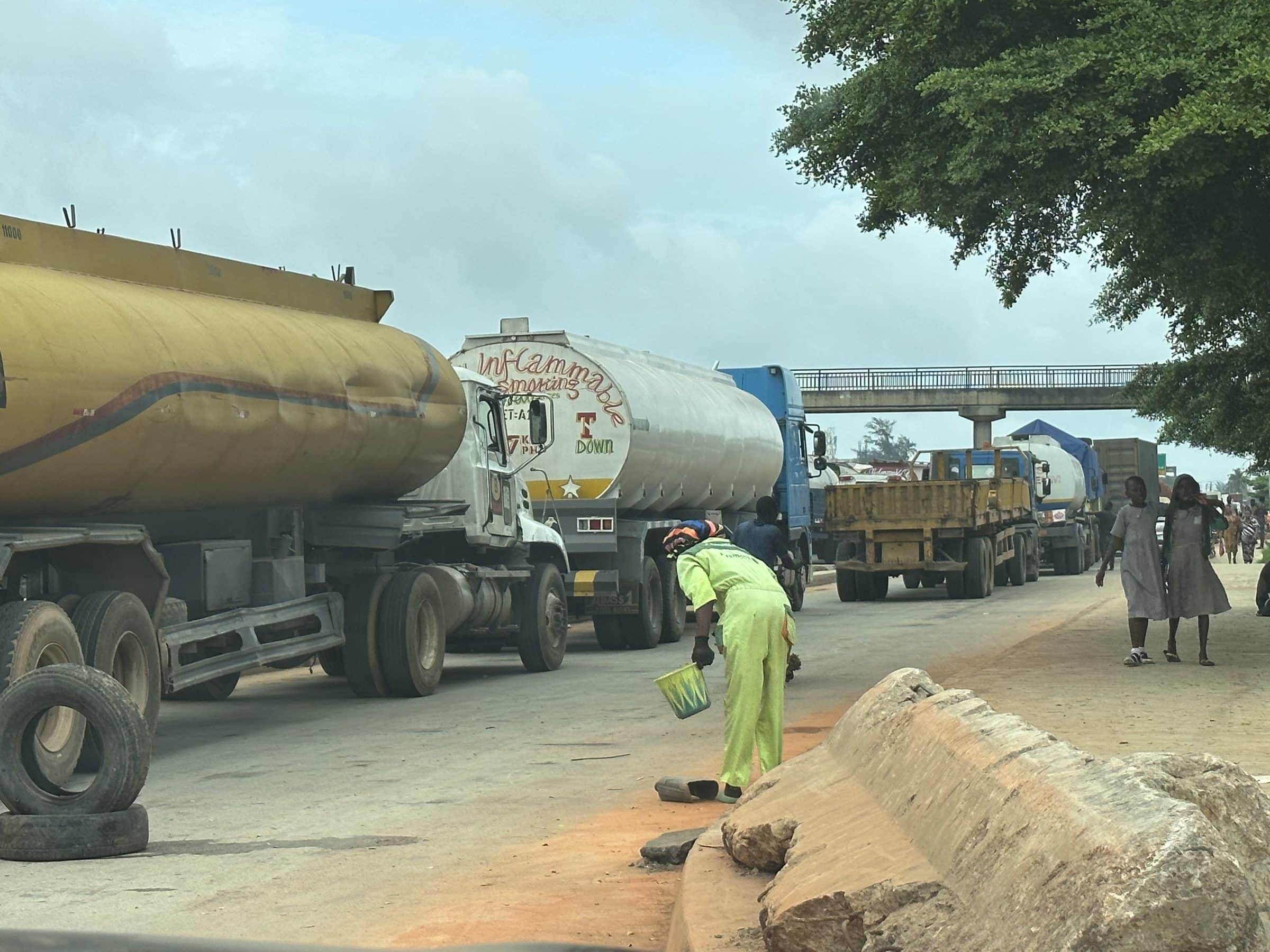
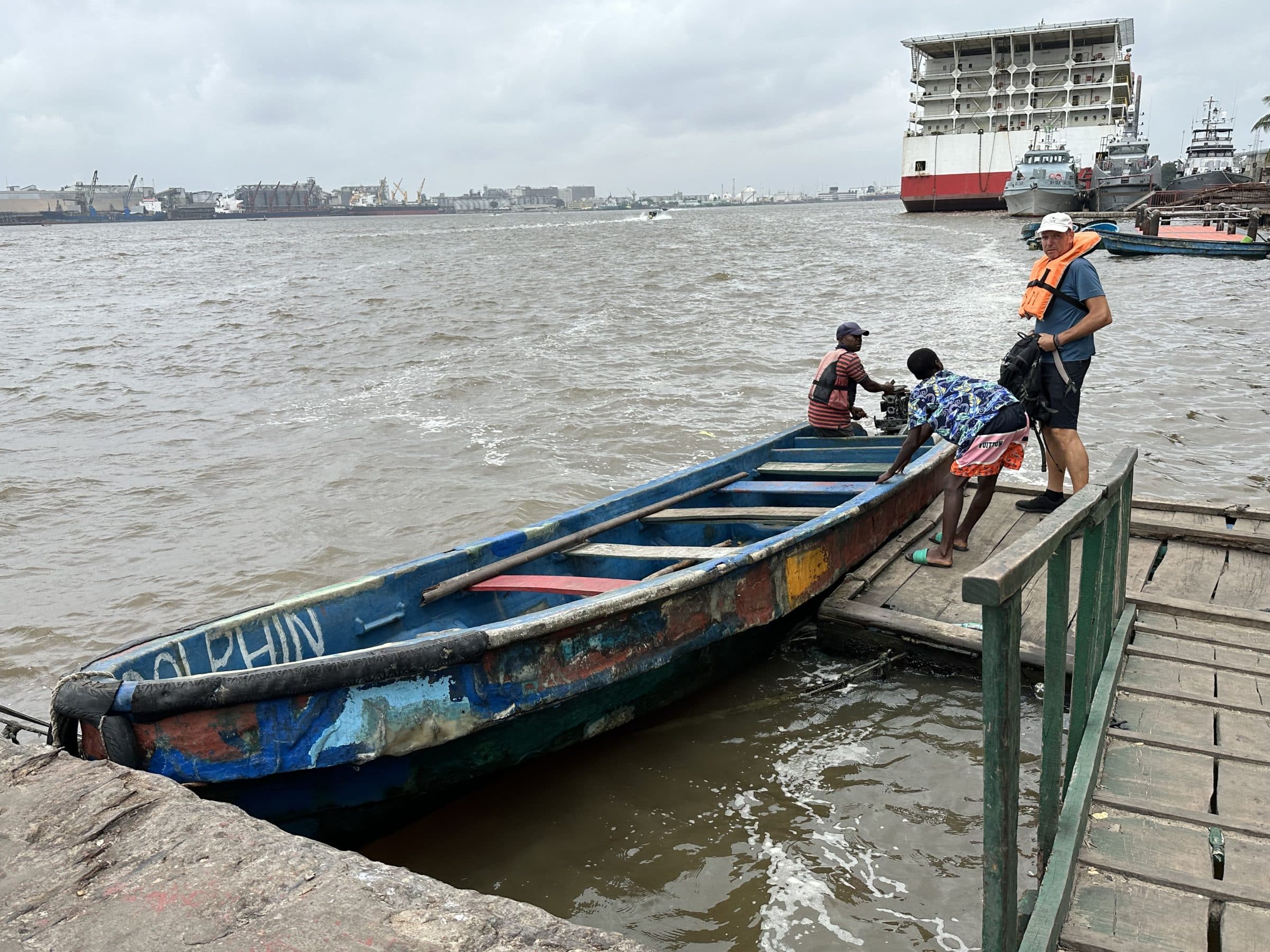
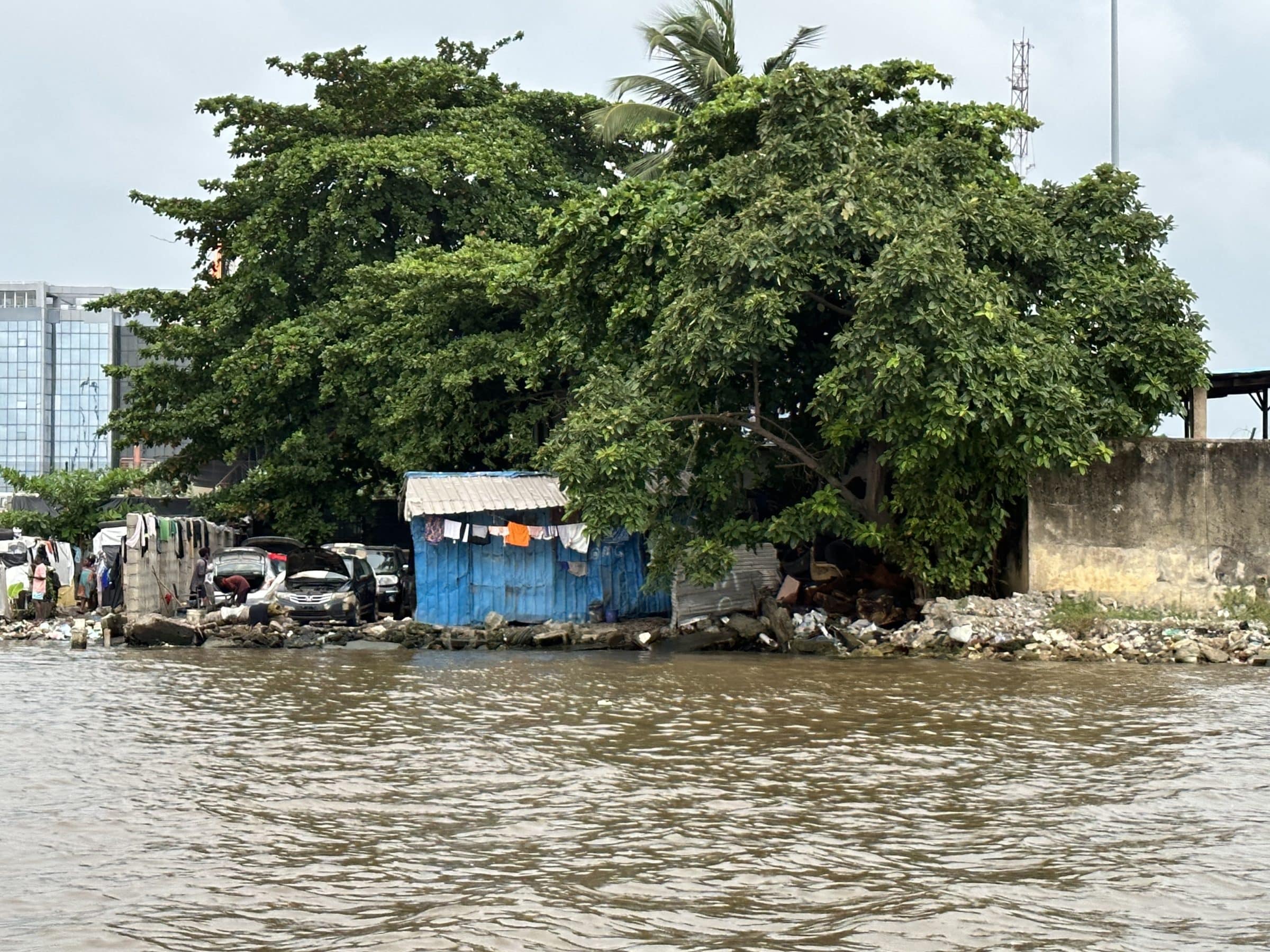
Lots of traffic and bad roads
Because we have some issues with the camper, we end up staying in Lagos for about 5 days. In search of peace and space, we leave the city on the north side.
But unfortunately, there is no peace in traffic yet. It is built up far above Lagos and there are markets everywhere where crowds of people gather.
It is hardly possible to get through by car. In addition, the roads are very bad. Trucks stuck in the mud in the middle of the “road”. Broken cars…. Sometimes it feels like war.
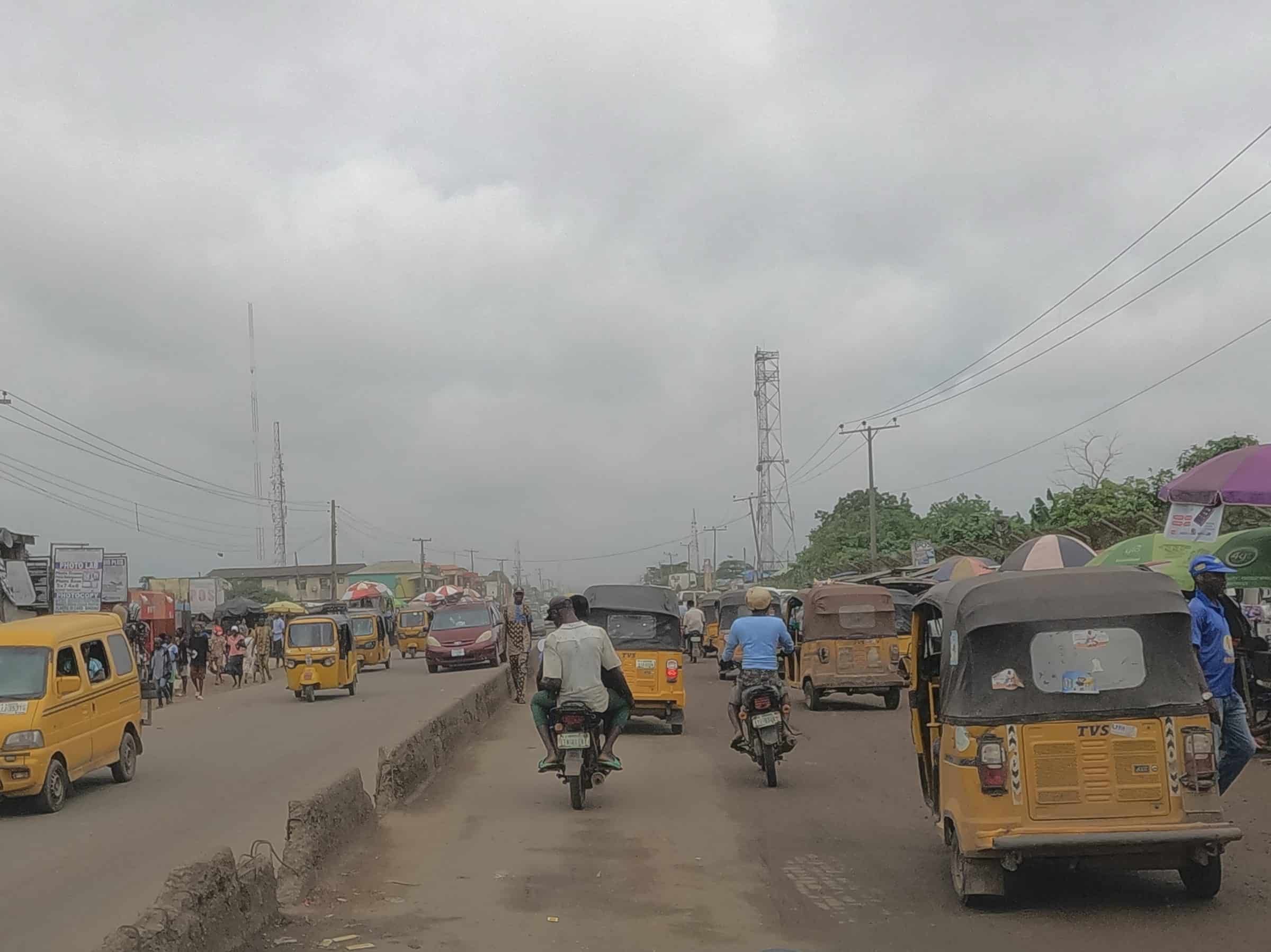
Visit the largest church in the world (Faith Tabernacle)
In Ota, north of Lagos, is the largest church in the world in terms of capacity. Faith Tabernacle as the church is called, it has 50.400 seats. Via, via we have heard about it and take a look. It soon becomes apparent that the church is not prepared for weekday visitors. We are therefore referred to the Sunday when there are four!! services take place.
In addition, a new arena was built next to the "old" church, which should serve as a megachurch. Our contact with the security guard appears to be taken very seriously. He asks for some more information and returns later with the announcement that we can report to the head of the organization. After a few more offices, fences and doors with security guards, we arrive at the head.
The stately, well-dressed man asks us several questions about our journey as we take a seat in elegant leather armchairs opposite his smooth lacquered wooden desk. Mister questions us and is clearly impressed by our journey and interests. He suggests that we get a private tour in and around the huge church.
Accompanied by four guides, we make a tour of the church and imagine what it's like here on Sunday when 4 services of 50.000 people are played. The huge building has three wings that converge in the middle. No statues, paintings or sculpture. The church is straight forward, built for the right experience for the use of large screens.
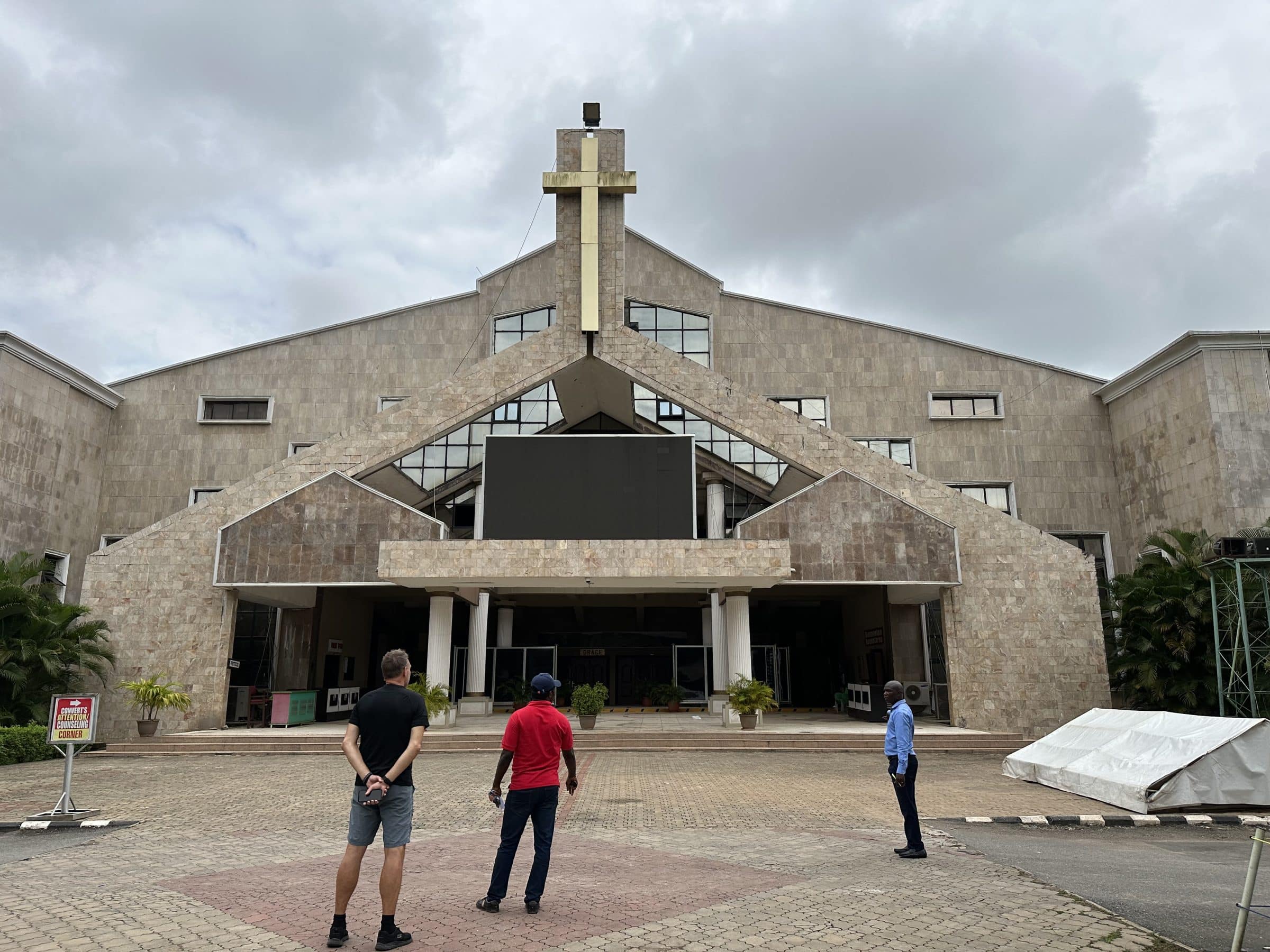
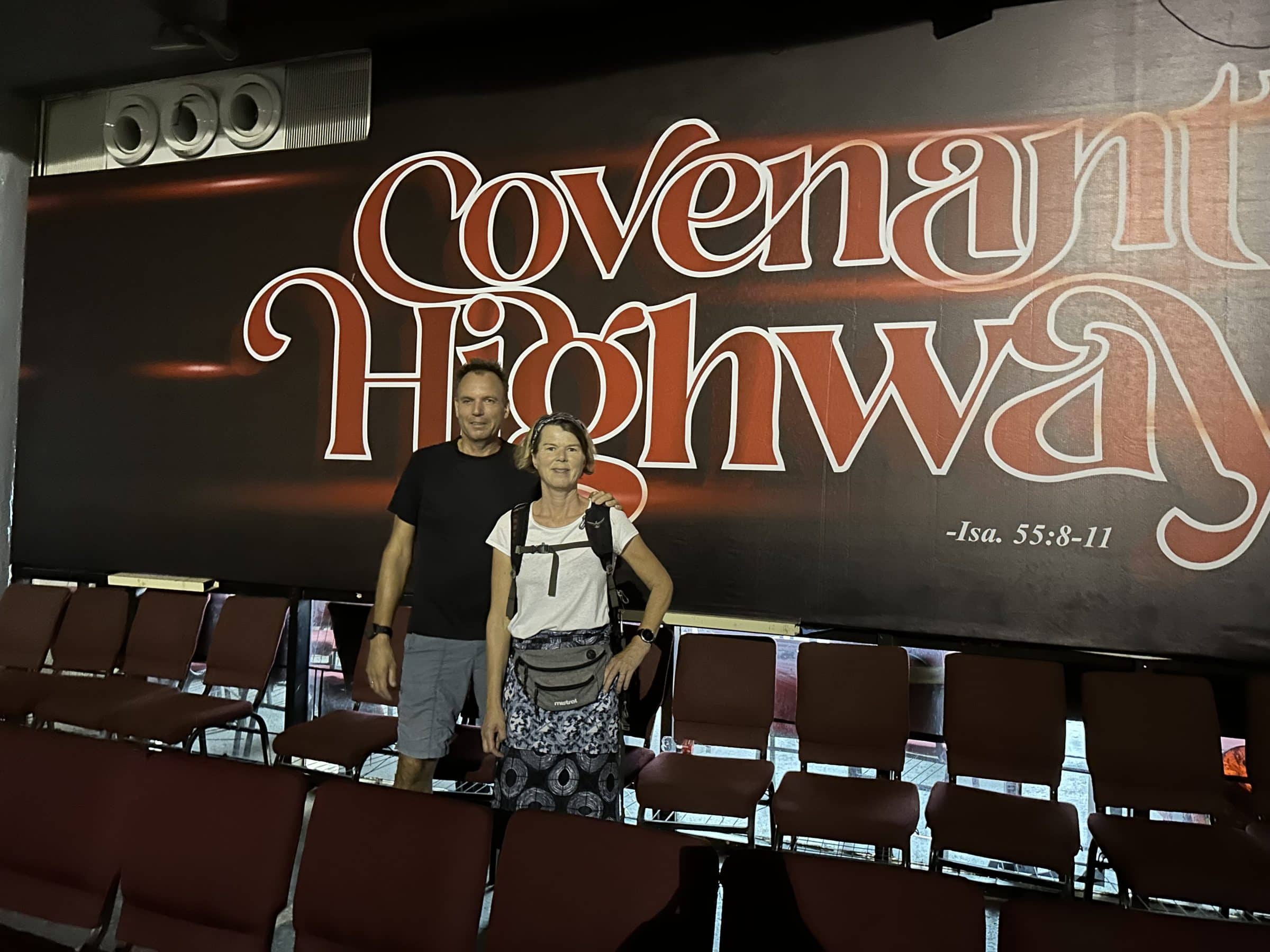
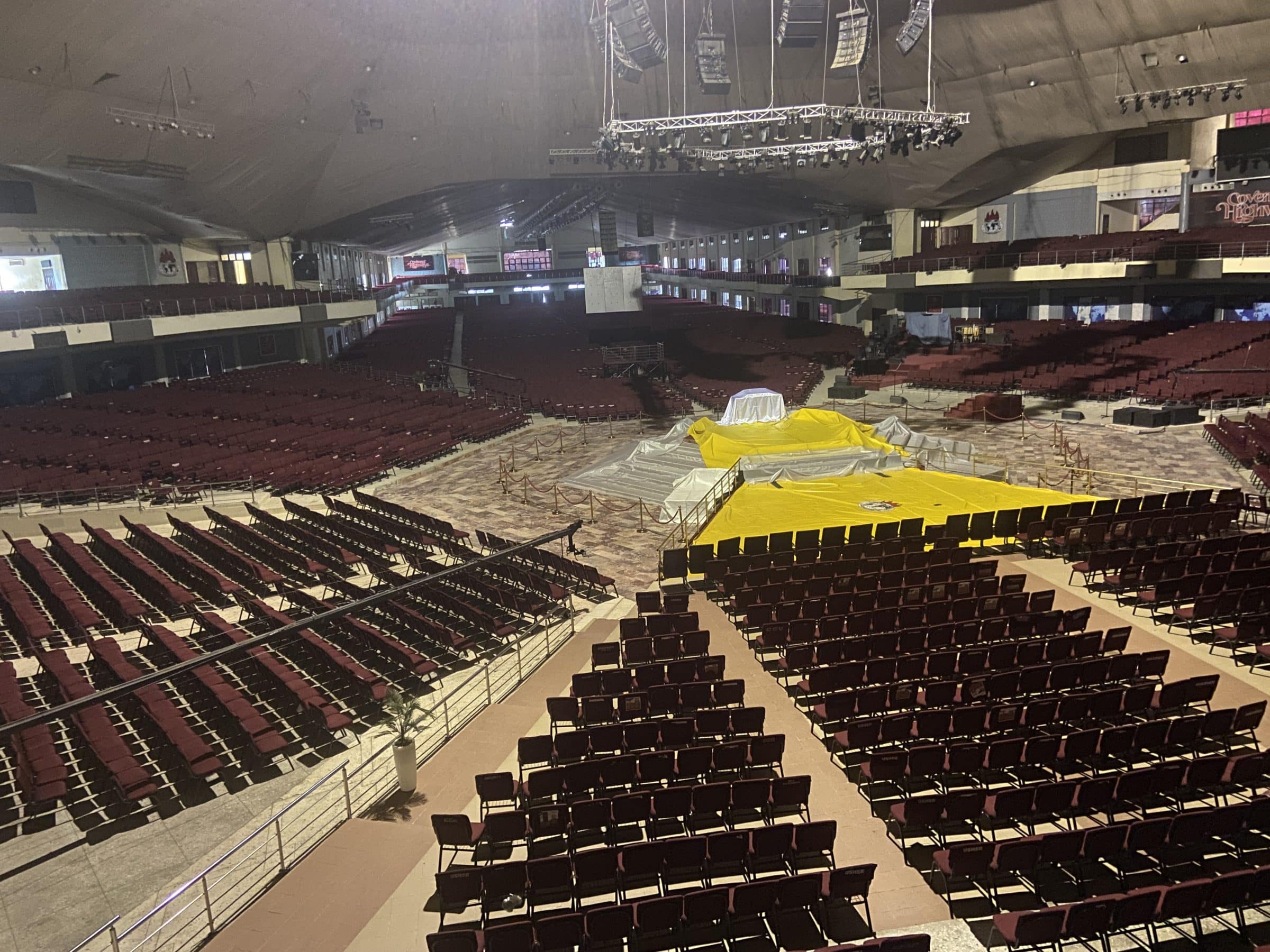
A new stadium is currently being built next to the current church due to lack of space. With a capacity of over 100.000 worshipers, services will be held here. For safety reasons, we cannot visit the construction site itself, but the architects explain in great detail about the new arena by means of models and drawings.
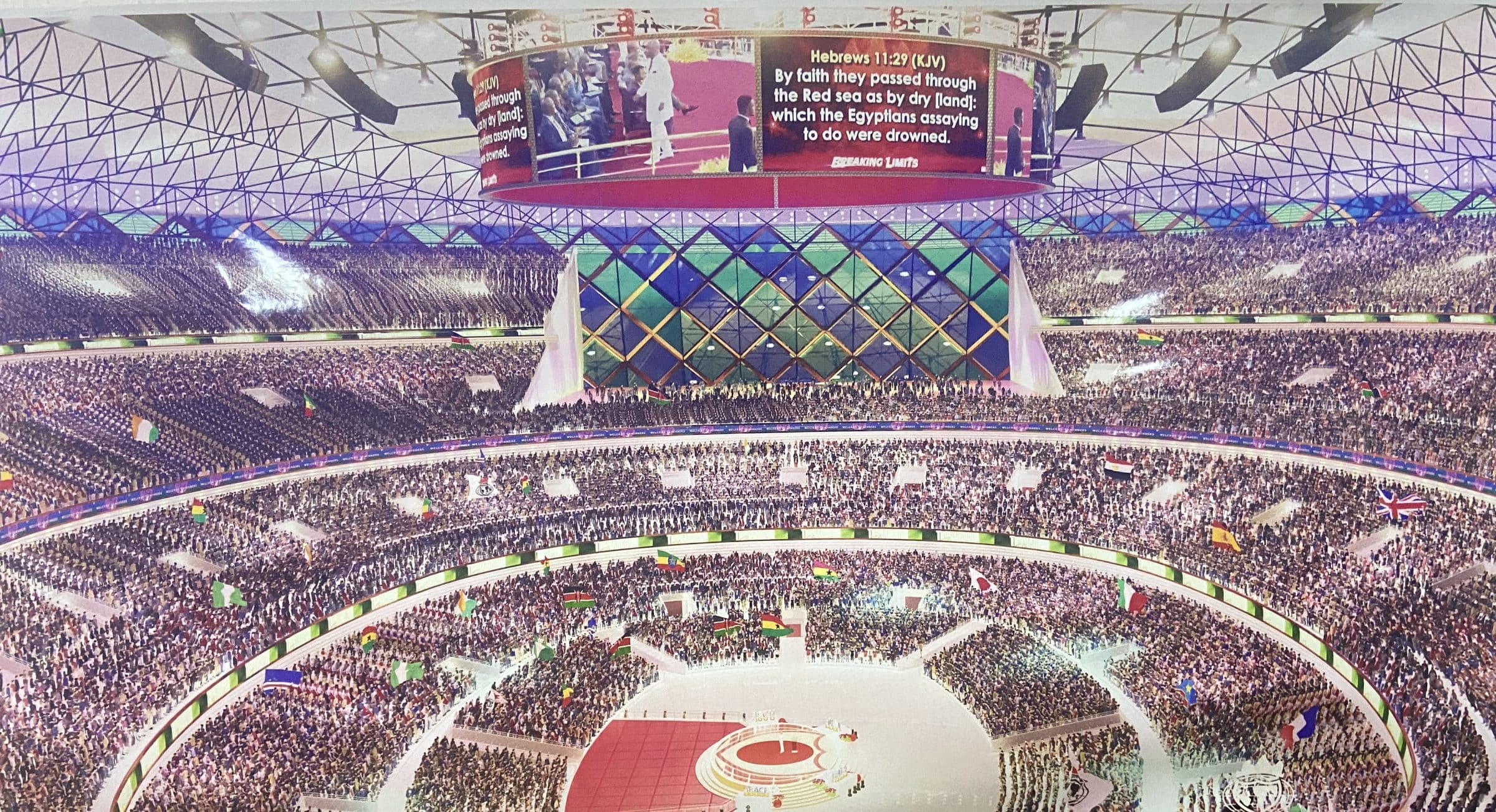
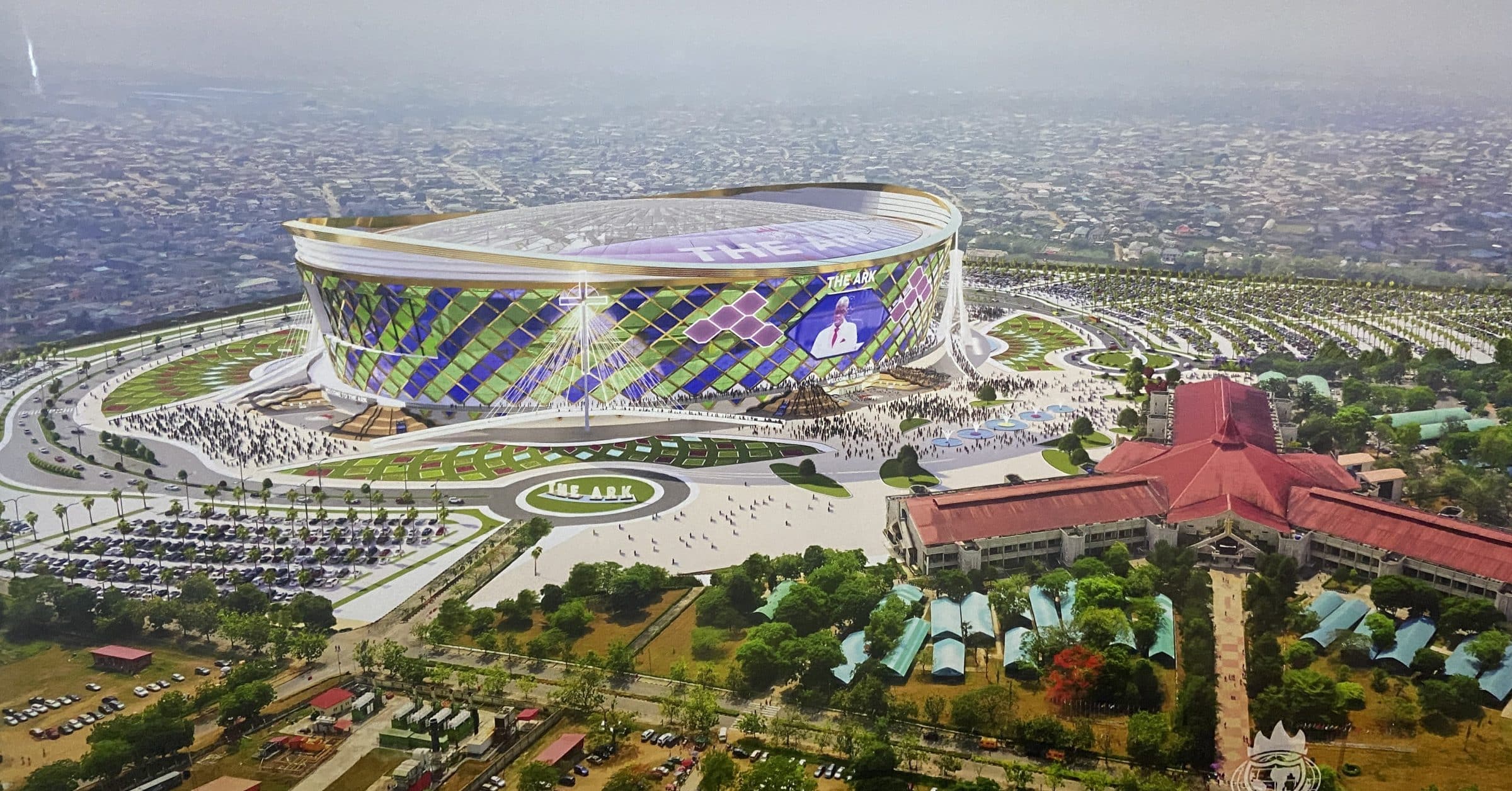
Overnight stays, wild camping and hotels
Everyone who follows us knows by now that we prefer wild camping. But from a security point of view, that is more difficult in Nigeria. Alternatively, we sometimes sleep in guarded parking lots at hotels. But also, if the hotelier doesn't like it, we'll take a room. Sometimes you have a room for less than 10 euros and for about 30 euros you have a super deluxe room with air conditioning, hot shower and fresh sheets.
Another option that we sometimes try is a place at a police station. In fact, the answer is always positive. Near Ogosun we were in such a place, with the only incidental effect that the entire corps wants to take a picture with you.
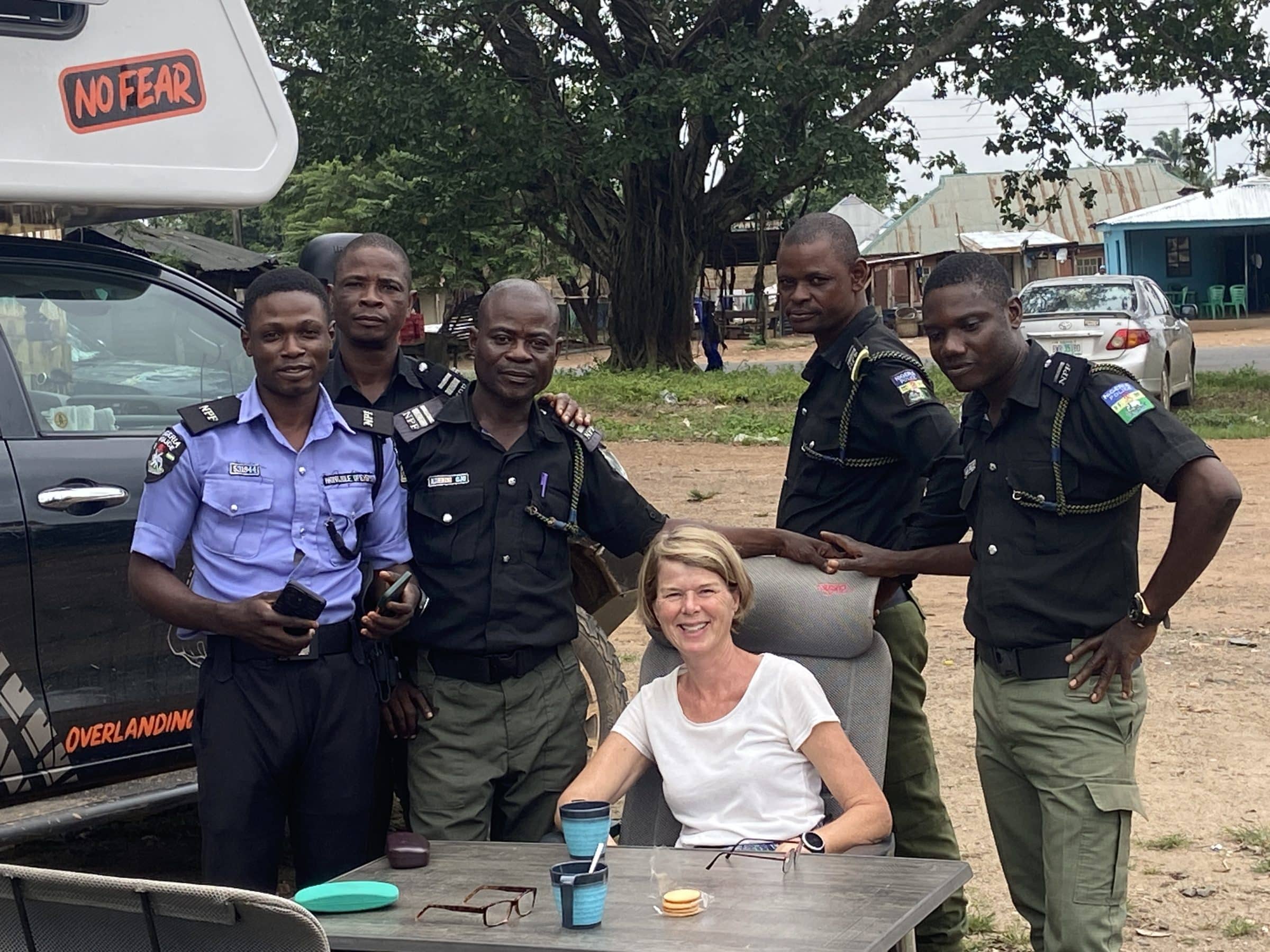
Oil extraction in the Niger Delta
We continue our way south, where the Niger River flows into the Atlantic Ocean. Center of the area is Port harcourt, a city of millions. We are in the heart of oil extraction. The area of huge oil spills, totally destroyed nature, partly deep poverty, kidnapping and other violence.
We are looking for a way to see the area with your own eyes. But that turns out to be complicated. We have some contacts but going into the area alone is too dangerous. We are offered to go with a military escort along with a director of a company engaged in cleaning up the polluted waters. But it is precisely a military escort that makes us very visible and that is why we also abandon this plan.
We have to make do with stories from locals.
The area's problem is wide-ranging. It concerns illegal tapping of oil by the local poor population. The people refine the oil themselves and sell the products. They are armed and undeterred by anything. Then the deep-rooted corruption, contracts with oil companies that only benefit the top and the government.
There are several stories where the population should benefit but where the money ends up in the pockets of the village chiefs. The kidnappings are carried out by ruthless heavily armed groups, often demanding large ransoms.
Local police and military are nowhere near up to the task, or worse, are themselves involved. The area's problems are so widespread and complex that a working solution is a long way off.
Also read: Worldly | What are the safest and most dangerous countries in Africa?
Labake Cottage Hotel
We hear the stories during our four-day stay in a hotel in Port Harcourt. We arrived in the late afternoon and were immediately invited to join the owner for a private BBQ party. This party is held in honor of the death of the 83-year-old mother of Okiki, the hotel owner. Yes, you read that right! In the months following a death, various traditional gatherings are organized, including a cozy BBQ.
As the only whites we are warmly welcomed and immediately taken in between meat, drink and a Nigerian musical chairs. At the party we make several contacts, very nice! In the video at the top of this page you can see nice images of it.
The hotel has a nice bar where we eat and drink every day. Okiki turns out to be a valued person and many family members, relations and other guests come by every day. A cozy bunch.
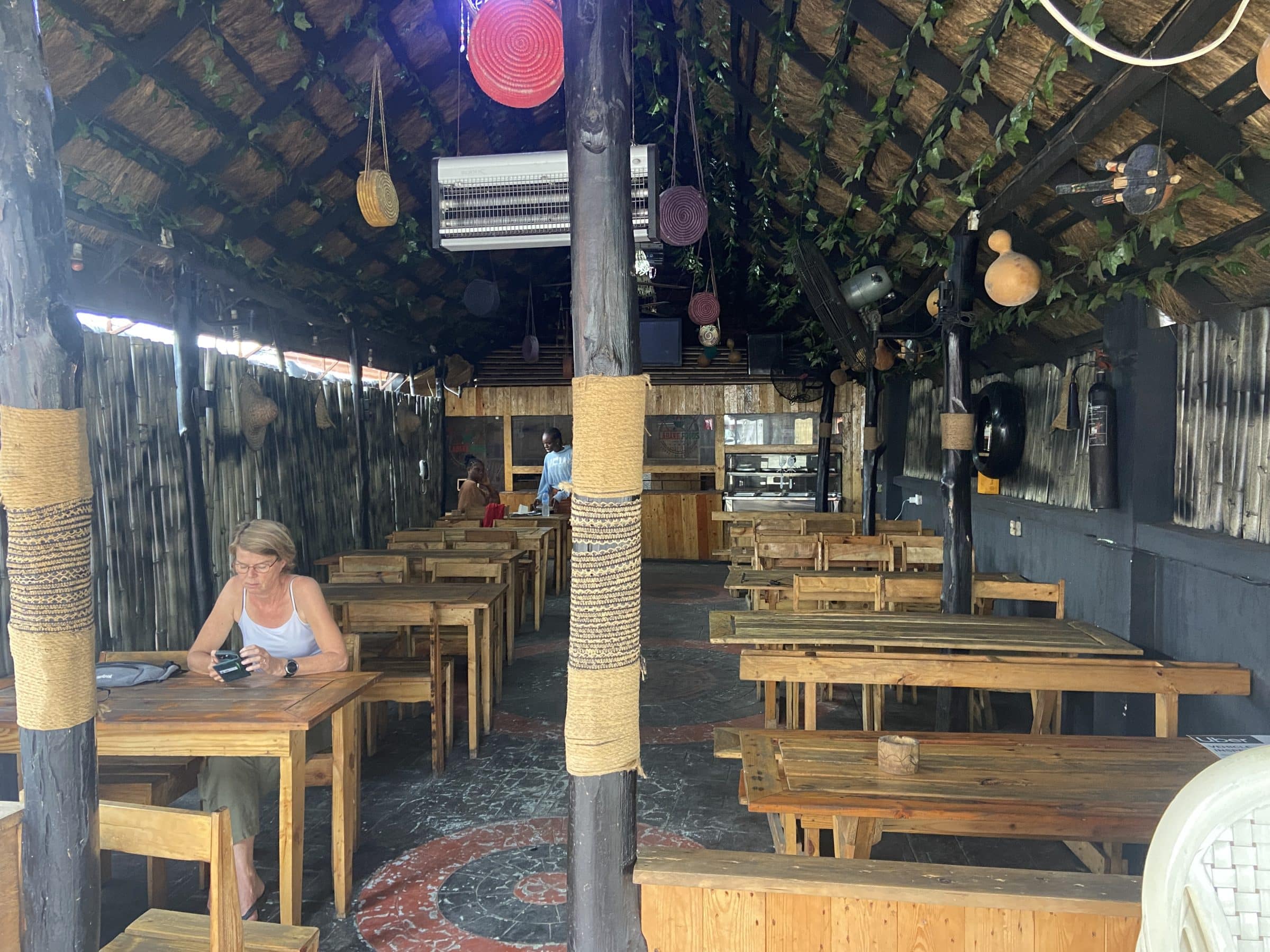
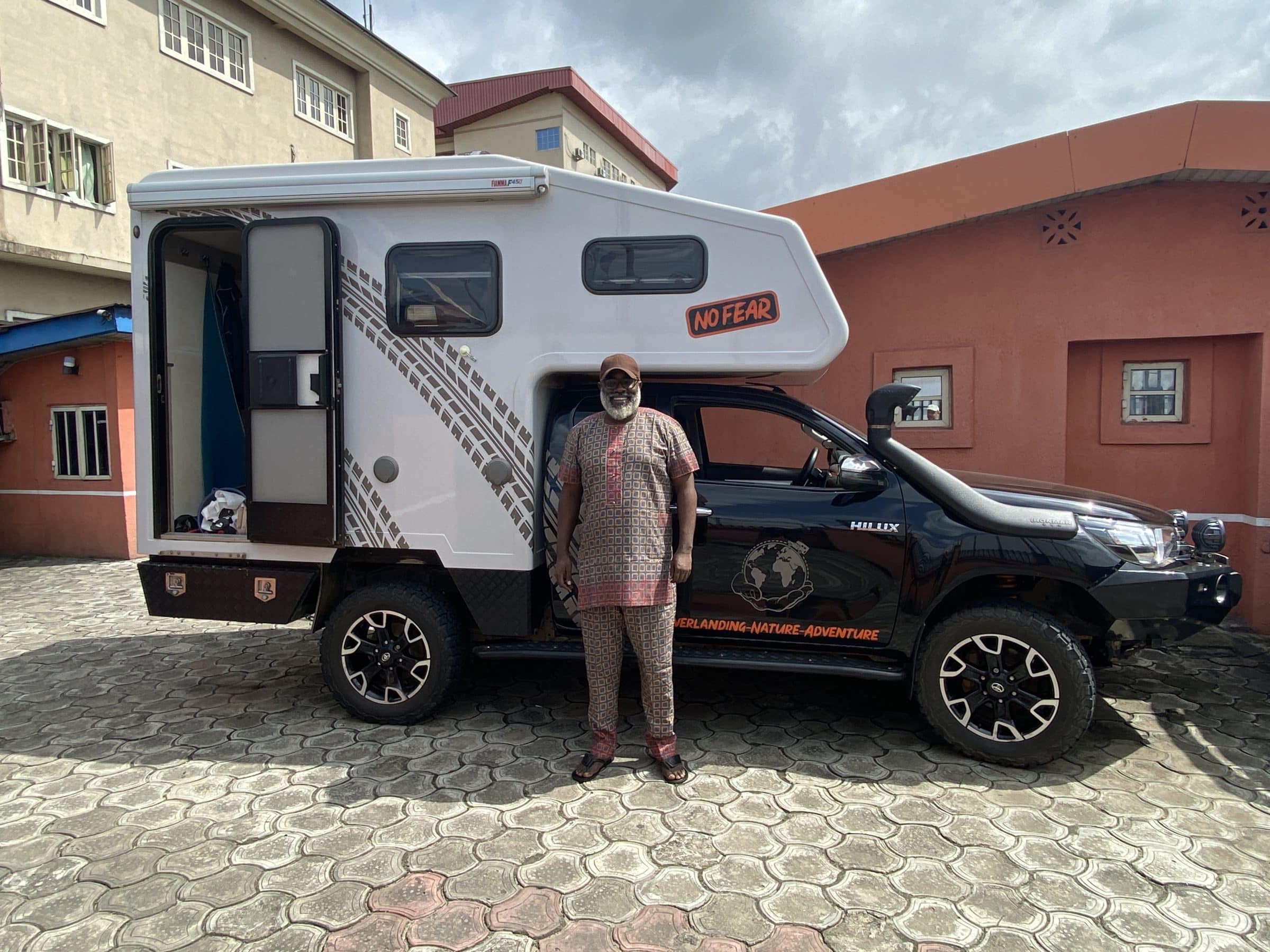
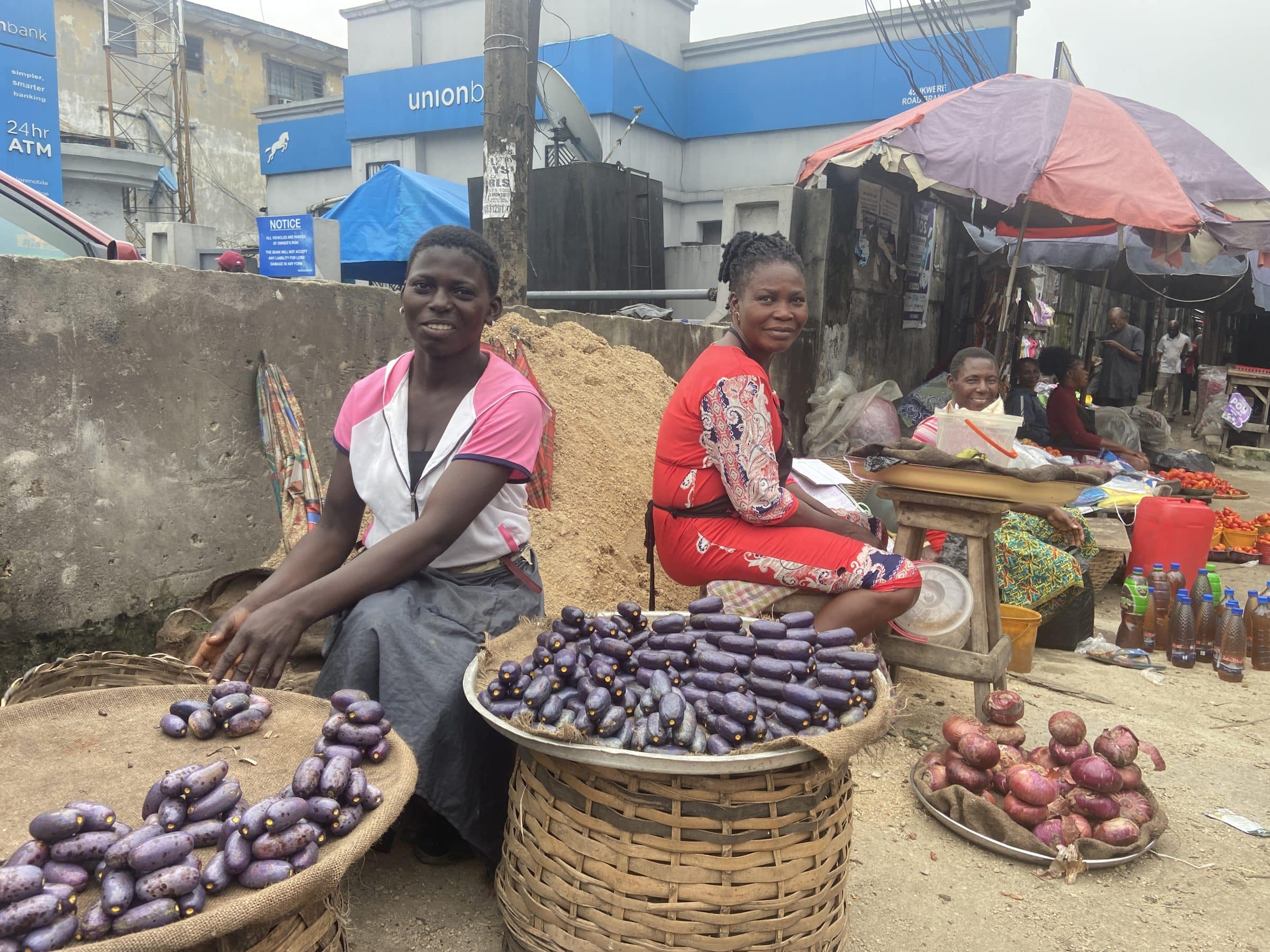
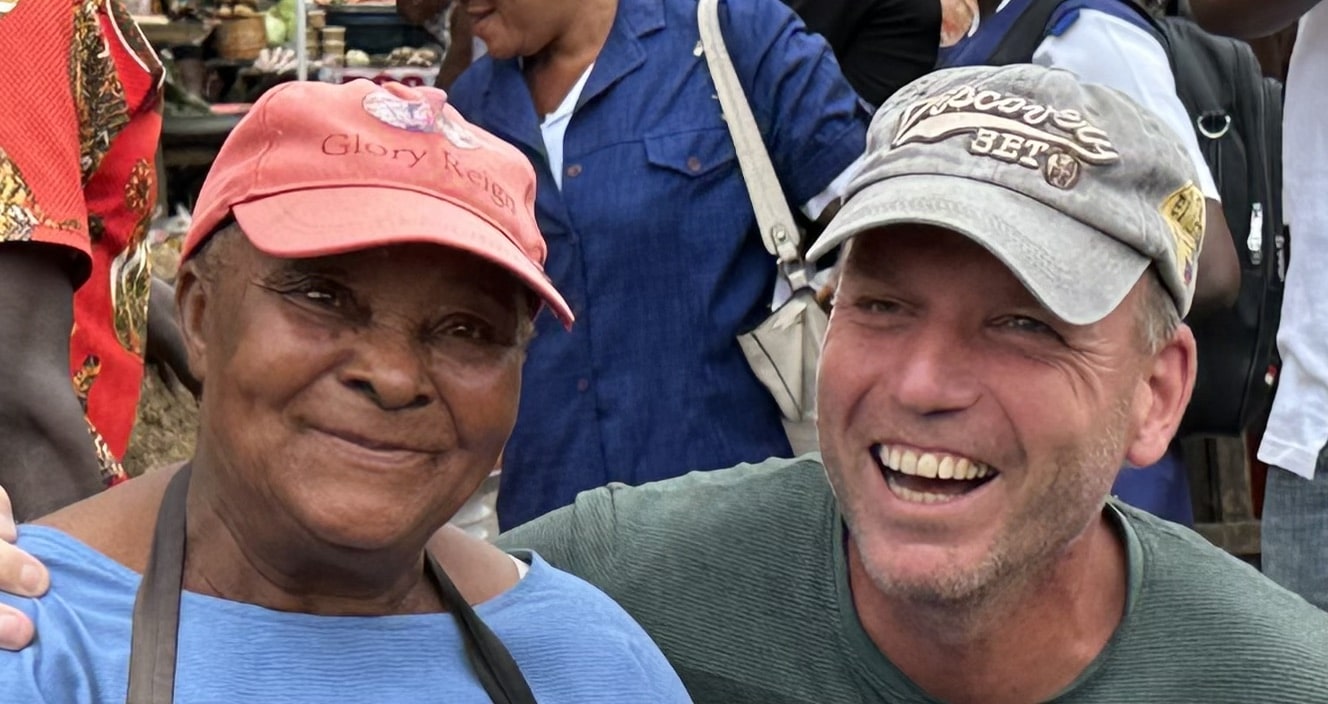
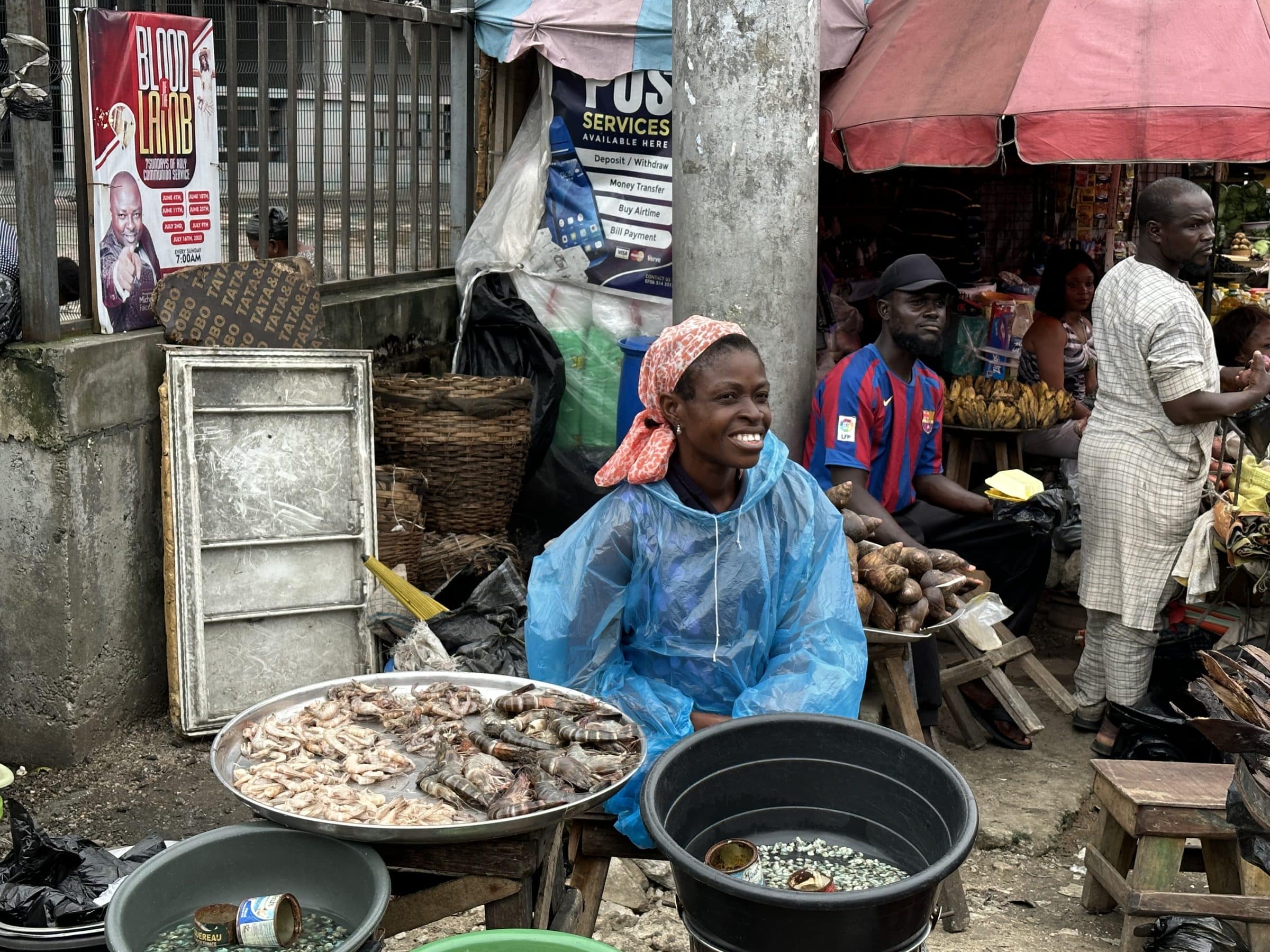
Just another day in our diary (August 5)
We're on our way to Drill Monkey Ranch. In Ikom - not far from the border with Cameroon - we spent the night in the parking lot of a hotel. We considered taking a room, but there is no air conditioning in the room and the stench is hard to bear, so we decide to spend the night in the camper. For 2 euros we can use the shower and toilet in a room. But very African… no hot water, no toilet paper and a clogged shower drain. Fortunately, the water drains through a broken joint between the tiles, no idea where to.
Next to the hotel is a room where on Saturday mornings apparently something religious is done. It's an uncomfortable cage, built of concrete with about 50 plastic chairs. Twenty of them are occupied by men between the ages of 20-40 with very happy faces. When the pastor has shouted his story into a microphone, “chanting” continues. Well, while we enjoy our yoghurt outside, we can no longer understand each other because of the noise the gentlemen in the hollow building produce. After they have “sung” the same line 50 times and we have finished our yoghurt, we quickly left.
We are on our way to the jungle and therefore need to do some shopping. According to our information, the Drillmonkey Ranch is very remote and there are no amenities, so we stopped by a store that calls itself a supermarket. While we look around the shopping aisles, the light goes out. A shop assistant comes to see us in the pitch dark to tell us to wait at the exit. There's some daylight there.
A moment later the power supply is apparently restored and the light goes on again. But not for long…the same scene repeats itself.
We are looking forward to visiting the jungle, looking for some peace. That has hardly been granted to us in recent weeks.
In a village on the way we buy some eggs. To distract the officer at a checkpoint a bit, we ask where eggs are for sale. “Boiled or raw” he asks. Raw, sir! He shouts across the street to a shop. The owner appears to be sold out, but points to the other side of the street. But at this shop they only have “boiled”. We are directed to another shop further down the road. Here they have to be taken from “behind”. Let's just hope they're a little fresh. In the meantime and in the meantime we have been welcomed on the street by everyone and our white arms and legs have been scrutinized.
Around the car is a crowd of at least 60 children who are screaming and crawling. For them we are the attraction of the day.
The road to and in the jungle is bad. It just won't get used to. Worst of all are the asphalted roads with the inevitable potholes. Sometimes up to half a meter deep.
On the way we can just pass a truck that is stuck up to its axles in the mud.
If a branch hangs too low, a friendly local will come and climb the tree if necessary to cut the branch away. And with a nice music and beautiful views we are happy to experience it all.
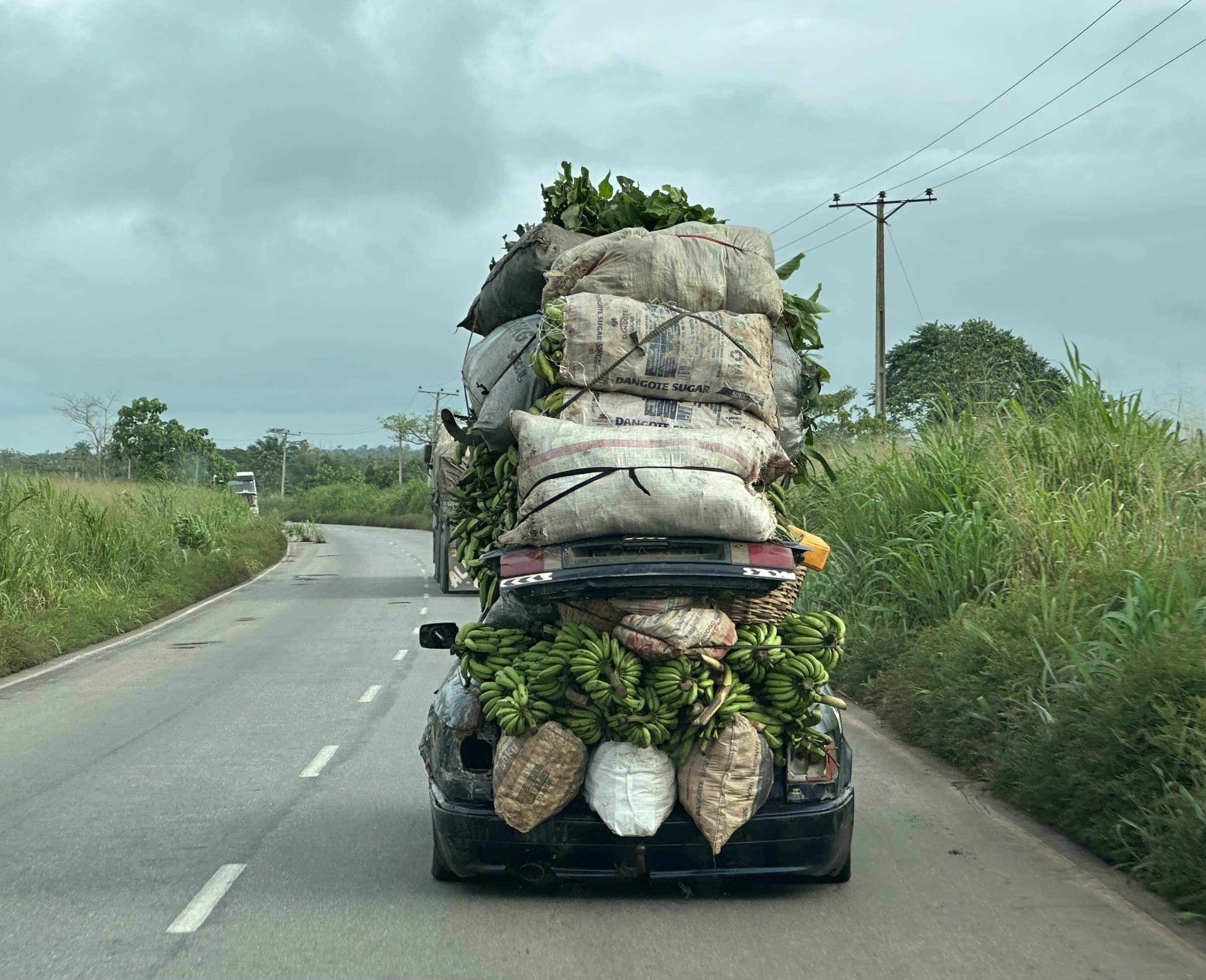
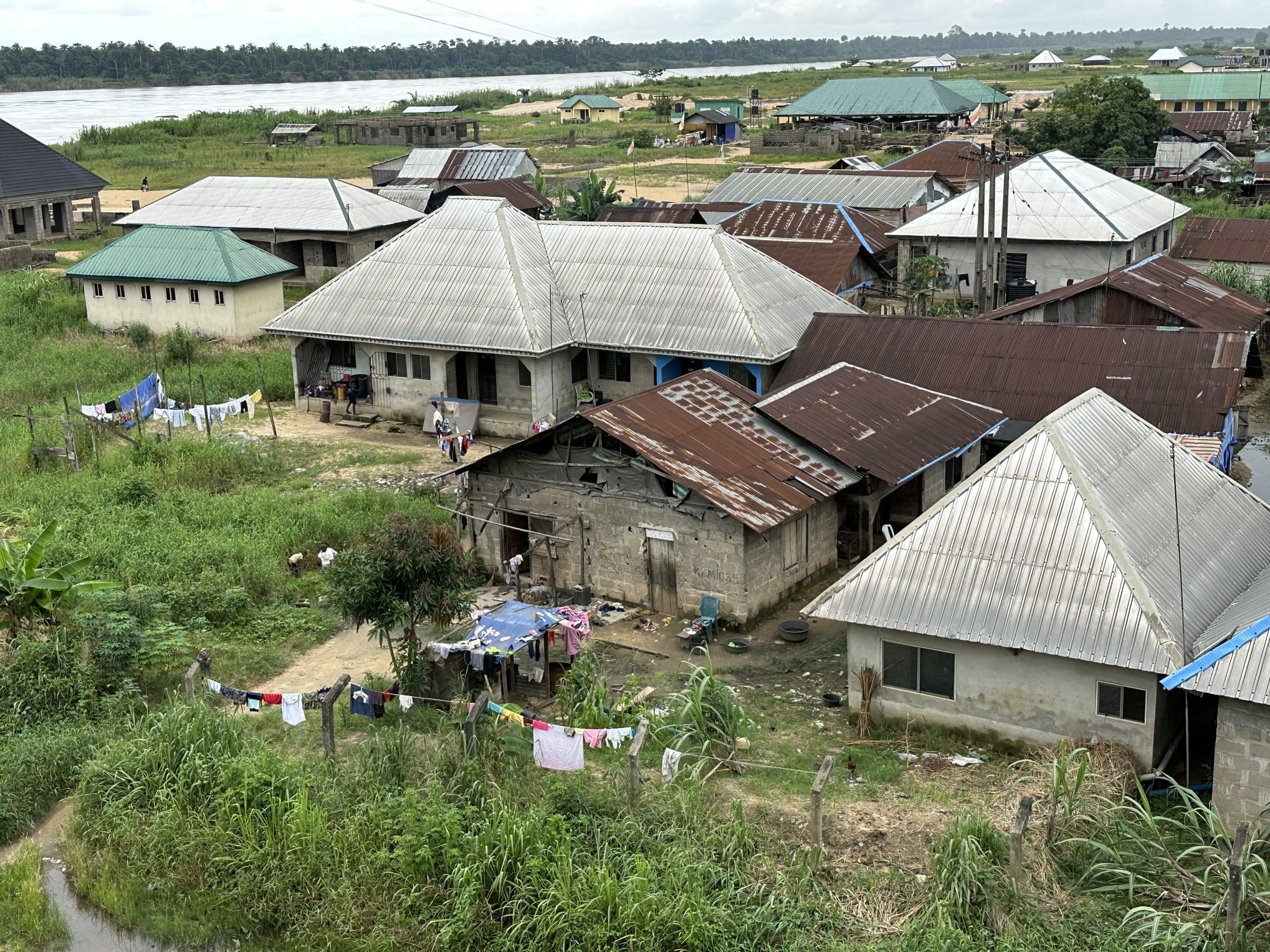
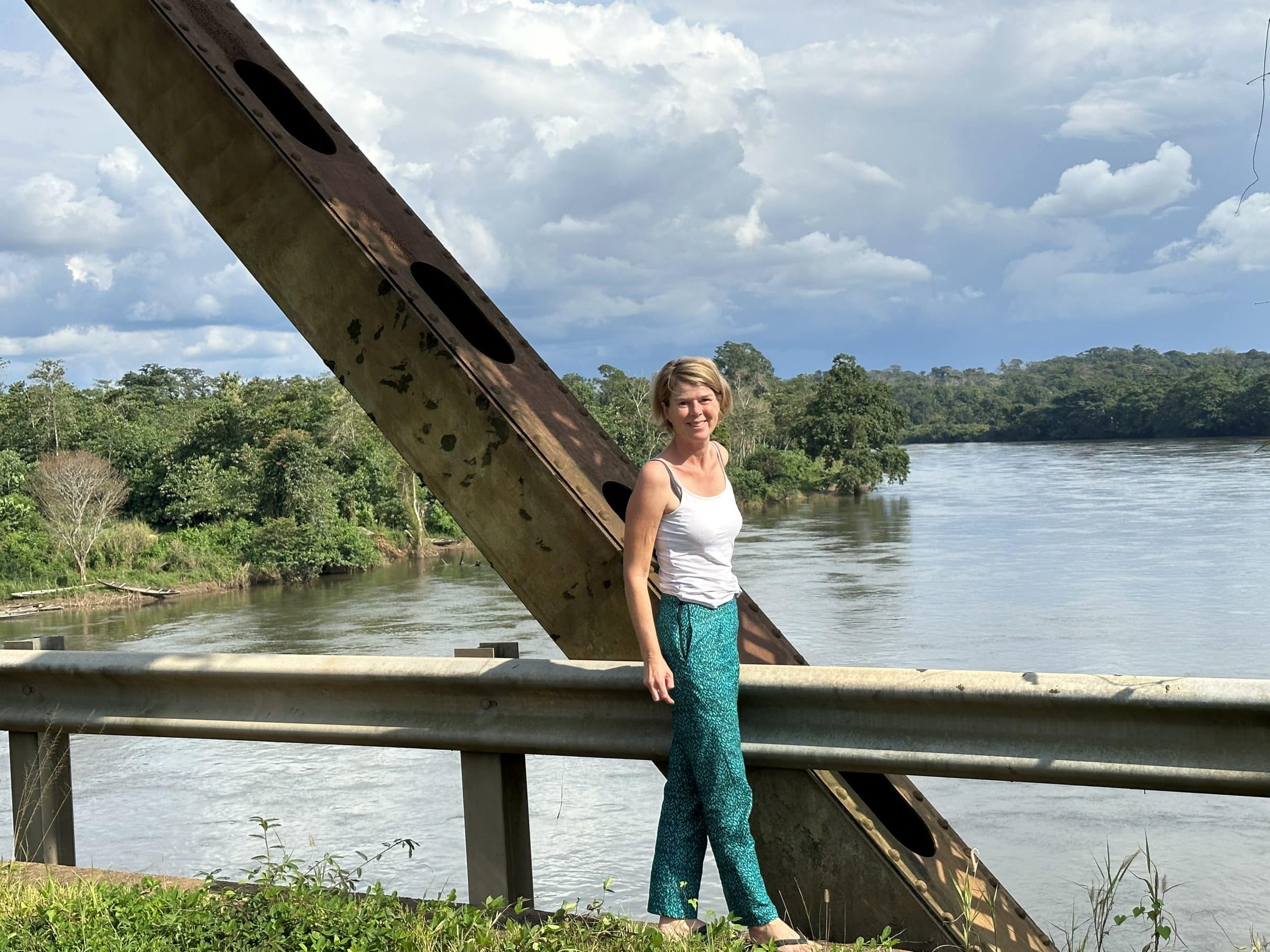
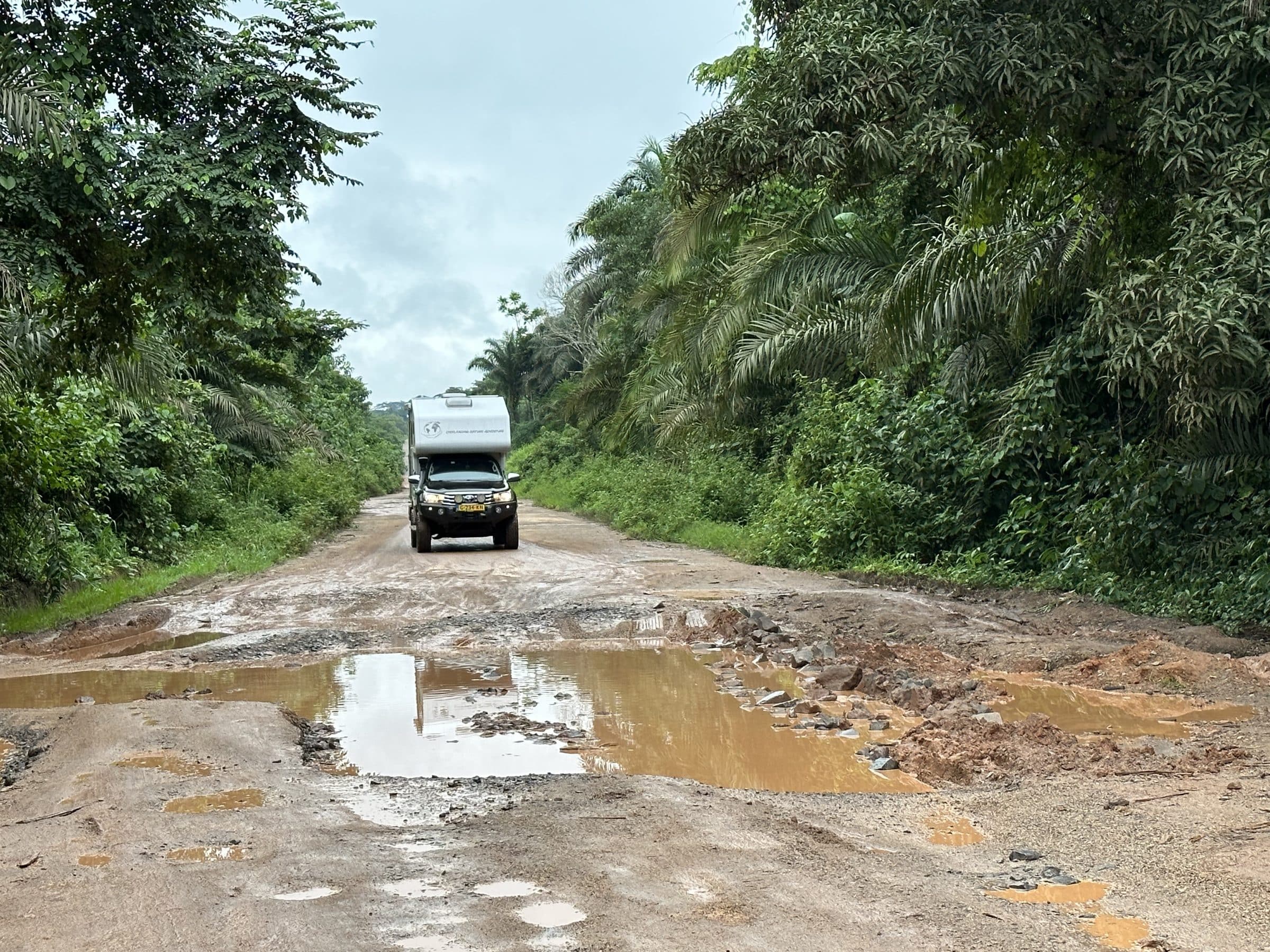
Afi Mountain/Drillmonkey Ranch
At the end of our visit to Nigeria we go to the “Drillmonkey Ranch. Here drillmonkeys are protected in a mountain area adjacent to it Cameroon.
The camp is remote deep in the jungle. After an adventurous (moped) path with steep slopes and densely wooded jungle, we reach our destination. We are welcomed by Zach, one of the managers of American origin. There is a small piece of grass, where we can park our camper. Very unique, in the middle of the jungle. Zach and the Dutch Pieter are together the managers of the project, which unfortunately can no longer count on state support from the Nigerian government and is therefore completely dependent on private donations.
The Drillmonkey Ranch protects endangered monkeys of the same name. There are three places on Earth where they occur, Nigeria, Cameroon and Equatorial Guinea. And a very special native species. There are 650 living here in Nigeria.
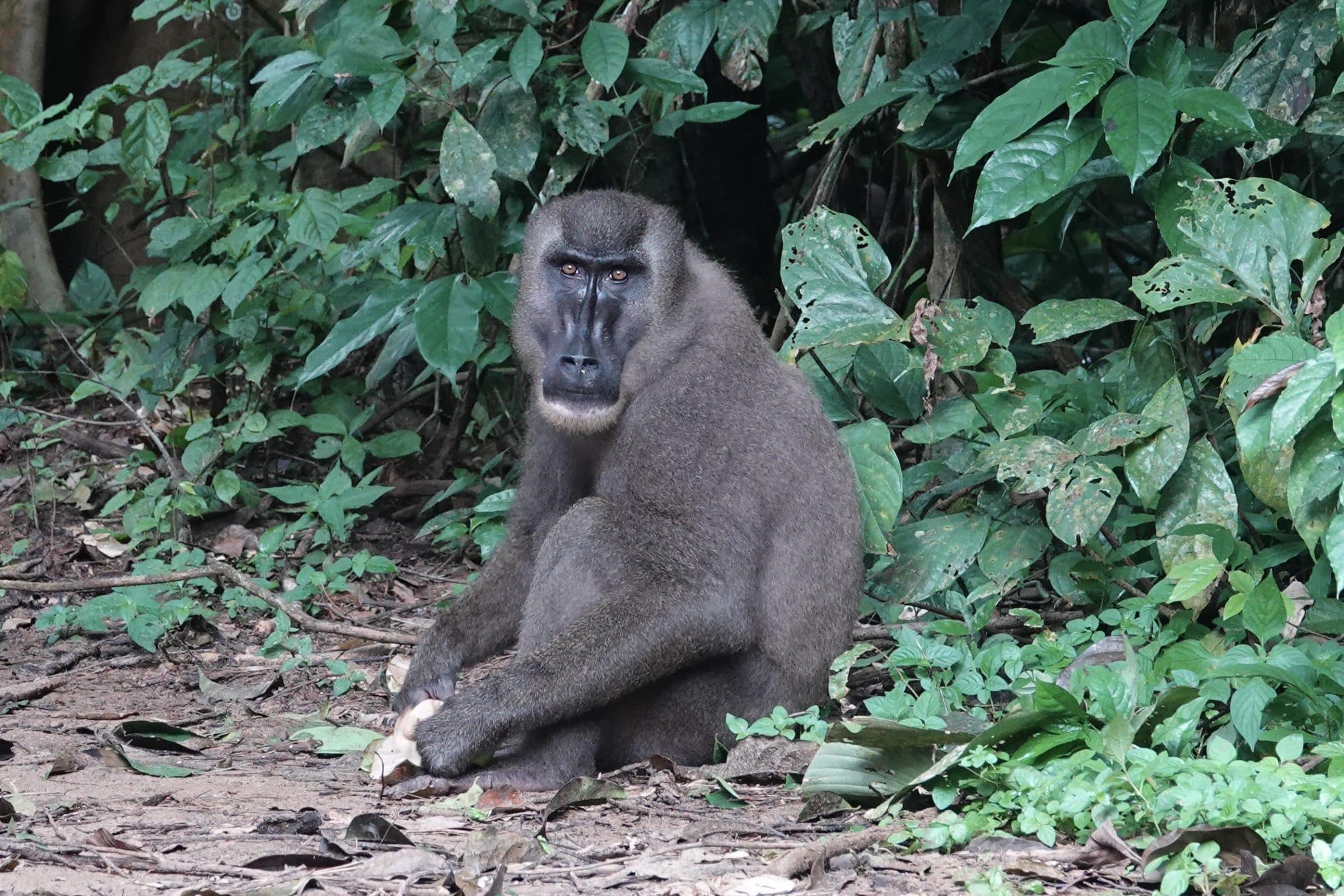
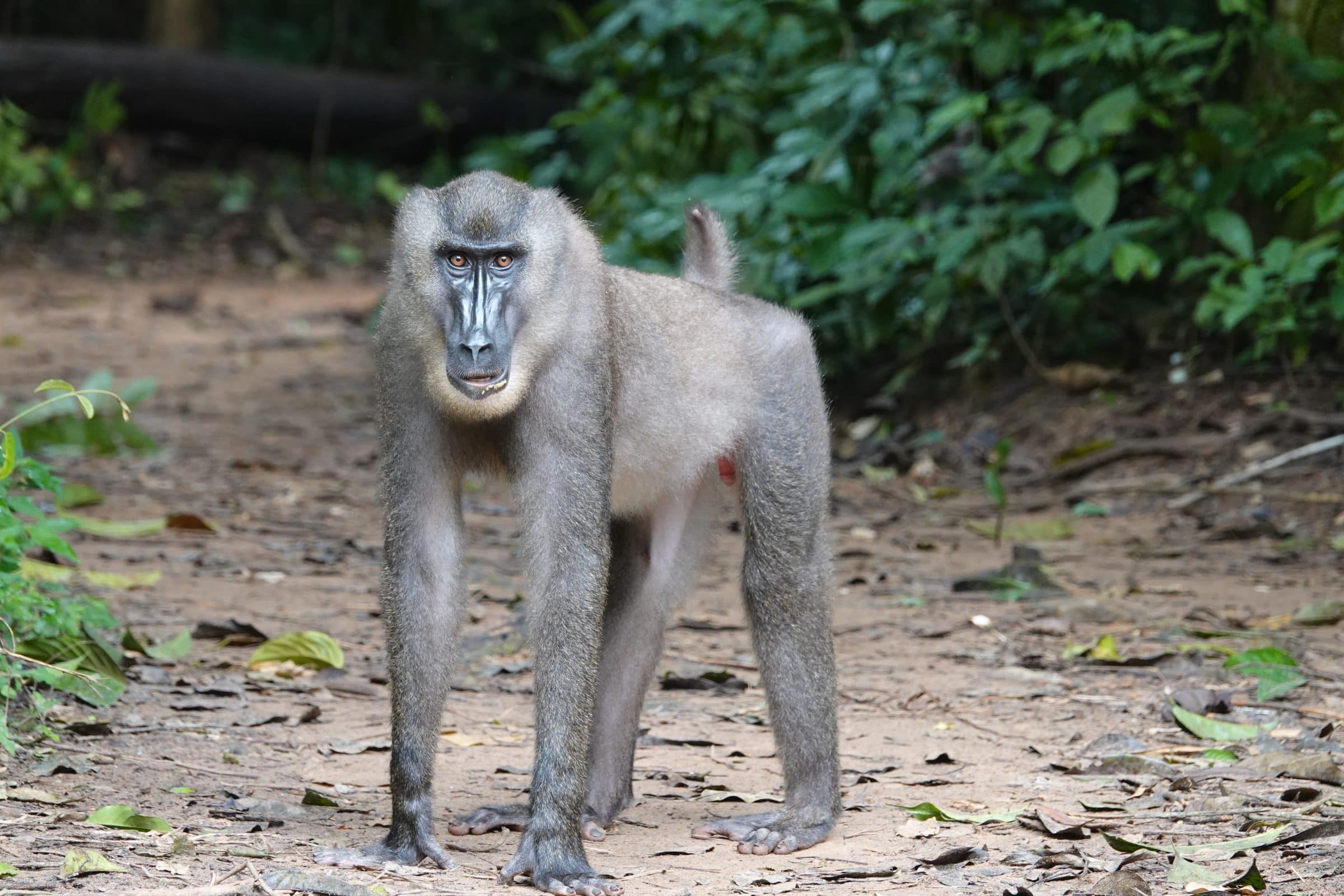
The animals live in partial freedom. There are 6 groups that all live separately in shielded areas. Among other things, to keep an eye on them, they are fed or supplemented.
The protection also keeps them away from the farmland and the local farmers are also happy.
In addition to the drillmonkeys, there is also a group of 26 chimpanzees. Feeding is a beautiful moment, an opportunity for us to observe the manners and characters of the beasts.
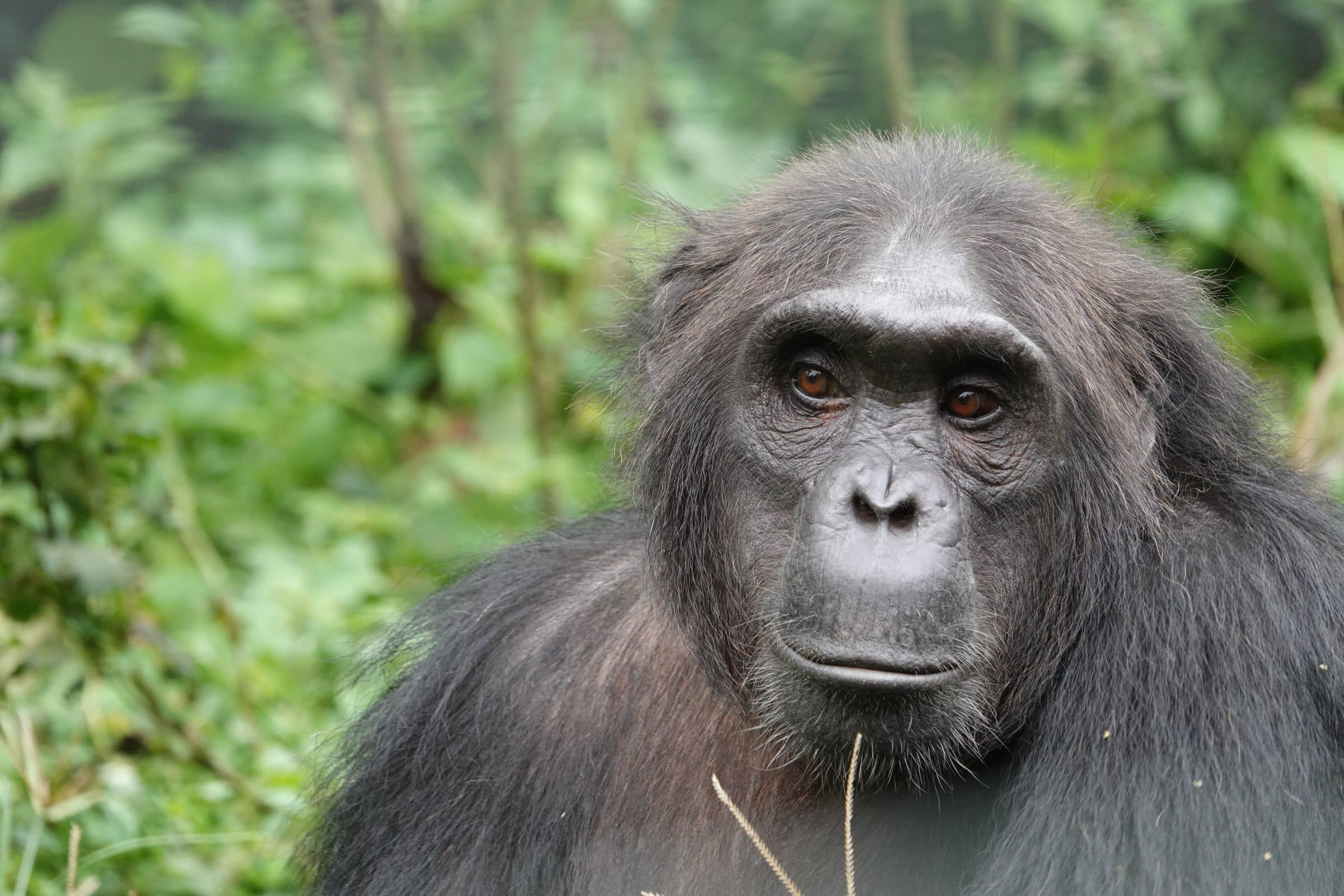
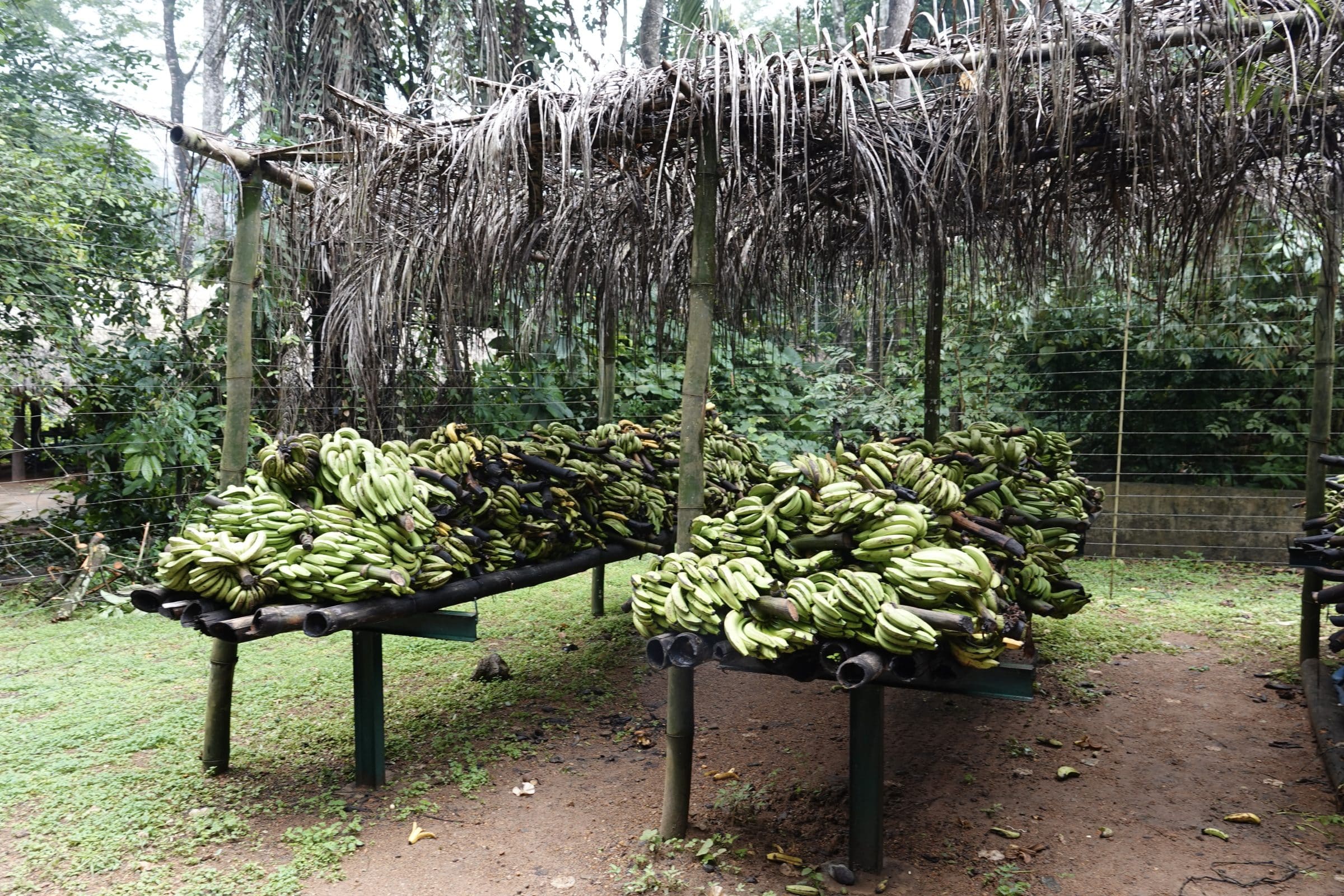
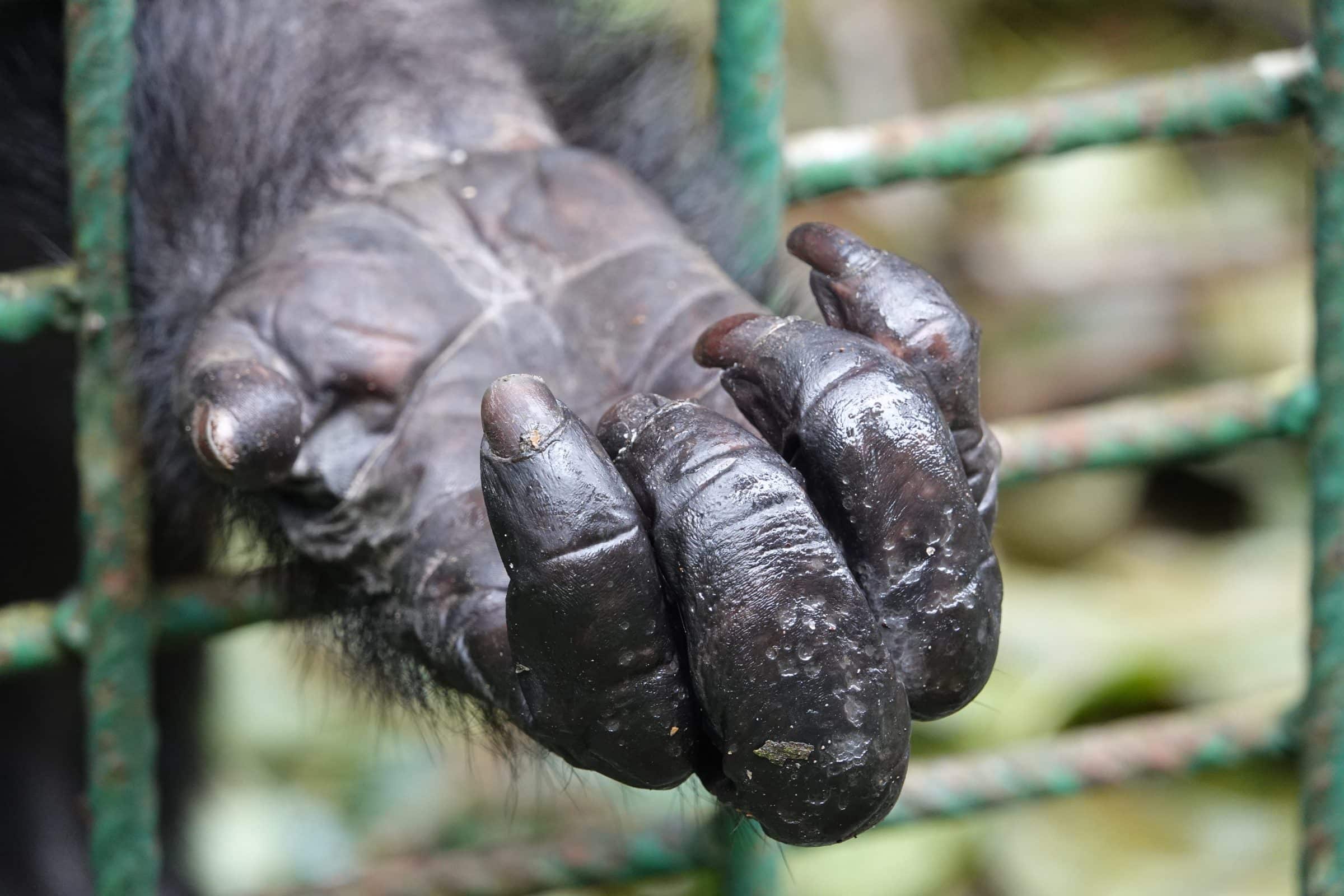
Staying in the jungle is a fantastic experience in itself. During the day the drillmonkeys walk freely around us and when it gets dark at night we witness an almost deafening sound that the many animals in the jungle produce.
At temperatures of around 30 degrees and a lot of rain, it takes some getting used to the humidity. With one of the employees we make a walking tour through the dense jungle. The boy grew up here and knows the area blindly. We are looking for a place in the small river where we can swim. Due to the many regulations of recent times, the river is quite wild. We have to scramble through the riverbed over the stones and be careful that the current doesn't throw us off balance. We reach a gear with behind it a deeper part where we can swim and even dive.
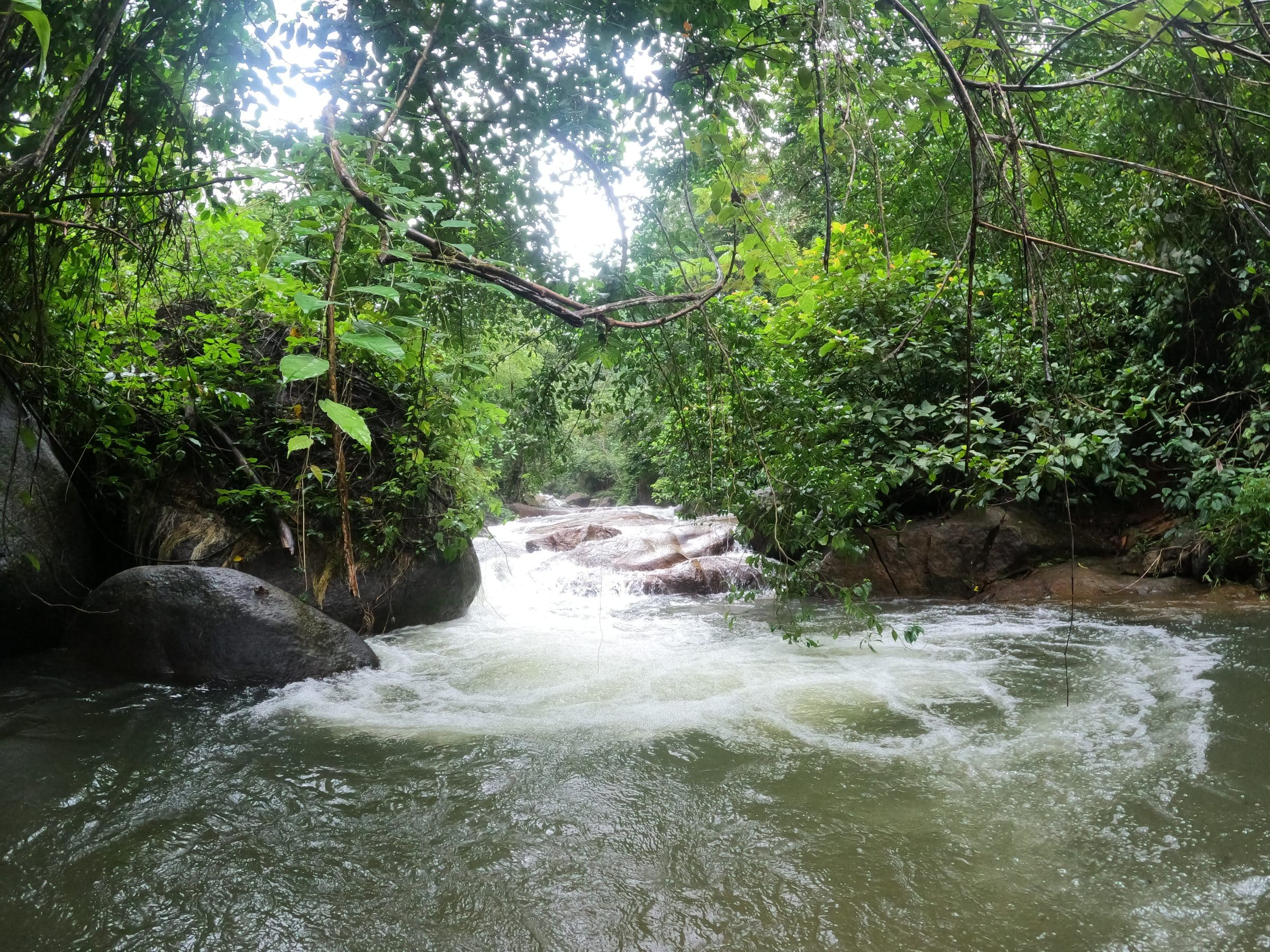
Towards the border with Cameroon
From our stay in the jungle we head towards the border with Cameroon. In fact, there is only one border crossing available to us. Some border crossings can only be crossed on foot or motorcycle because you have to cross a border river and there is a maximum of one motorcycle on the ferry. Another frontier is known for its frequent kidnappings. And Boko Haram is active in the north, we certainly don't want to go there.
And so there remains one border. But this transition also has considerable challenges. The shortest route to the intended border is impassable due to a landslide. And so we have to make a detour of about 100 kilometers. Not a punishment in itself because of the beautiful landscapes. Gradually we climb towards 1700-1800 meters and can enjoy beautiful views.
In the town of Takum is the last opportunity to fill up our tank. The views and landscapes are getting more and more beautiful, we enjoy it to the maximum. We realize that this is a completely different landscape than the Nigeria we encountered so far. It first reminds us of the Swiss Alps and later of the Scottish Highlands.
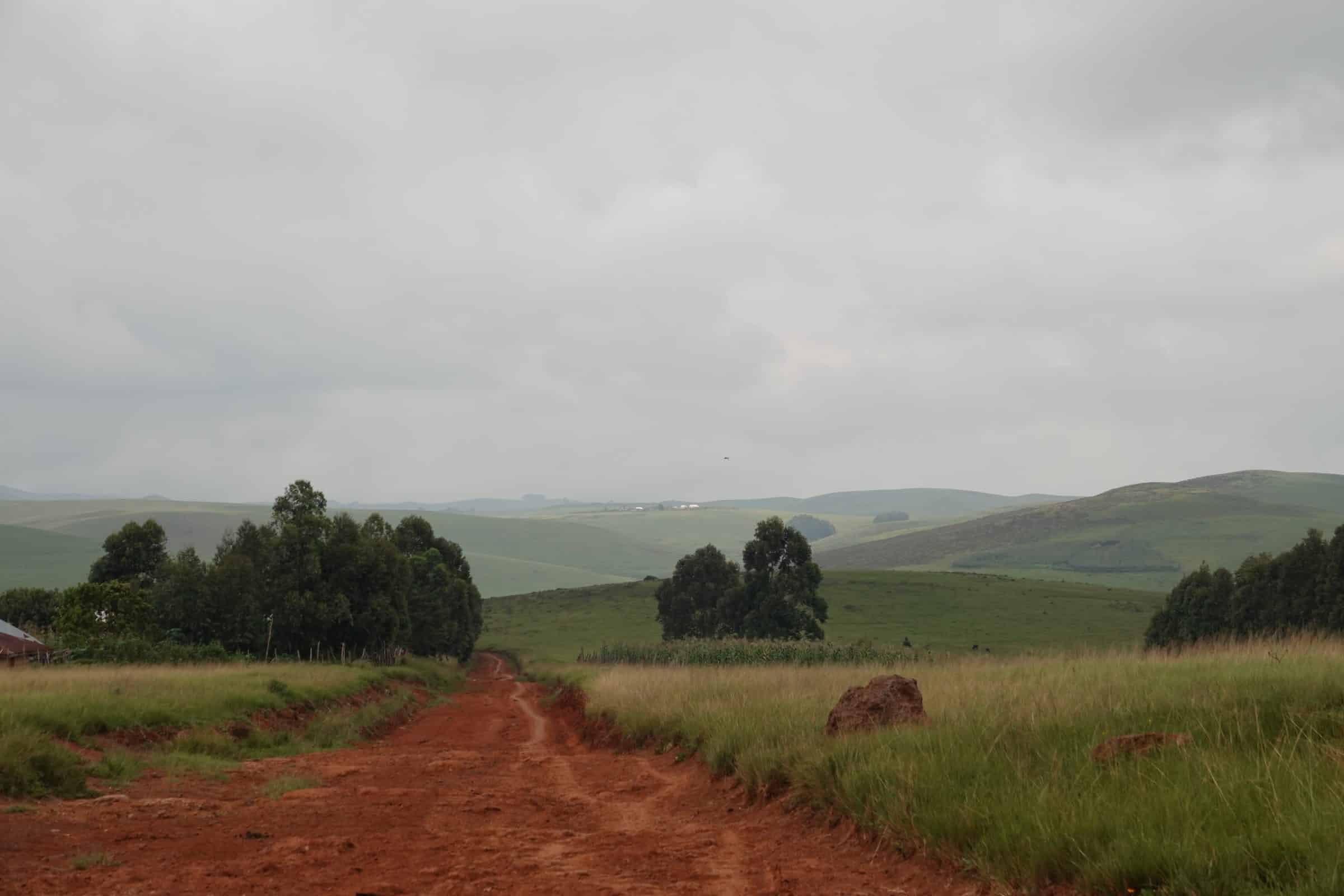
Offroad 3.0 | Overlanding is challenging here
The last stretch to the border is downright challenging, even for our strong 4×4. We ascend and descend over paths with deep mud holes and unreliable bridges. It is enjoyment and focused steering at the same time.
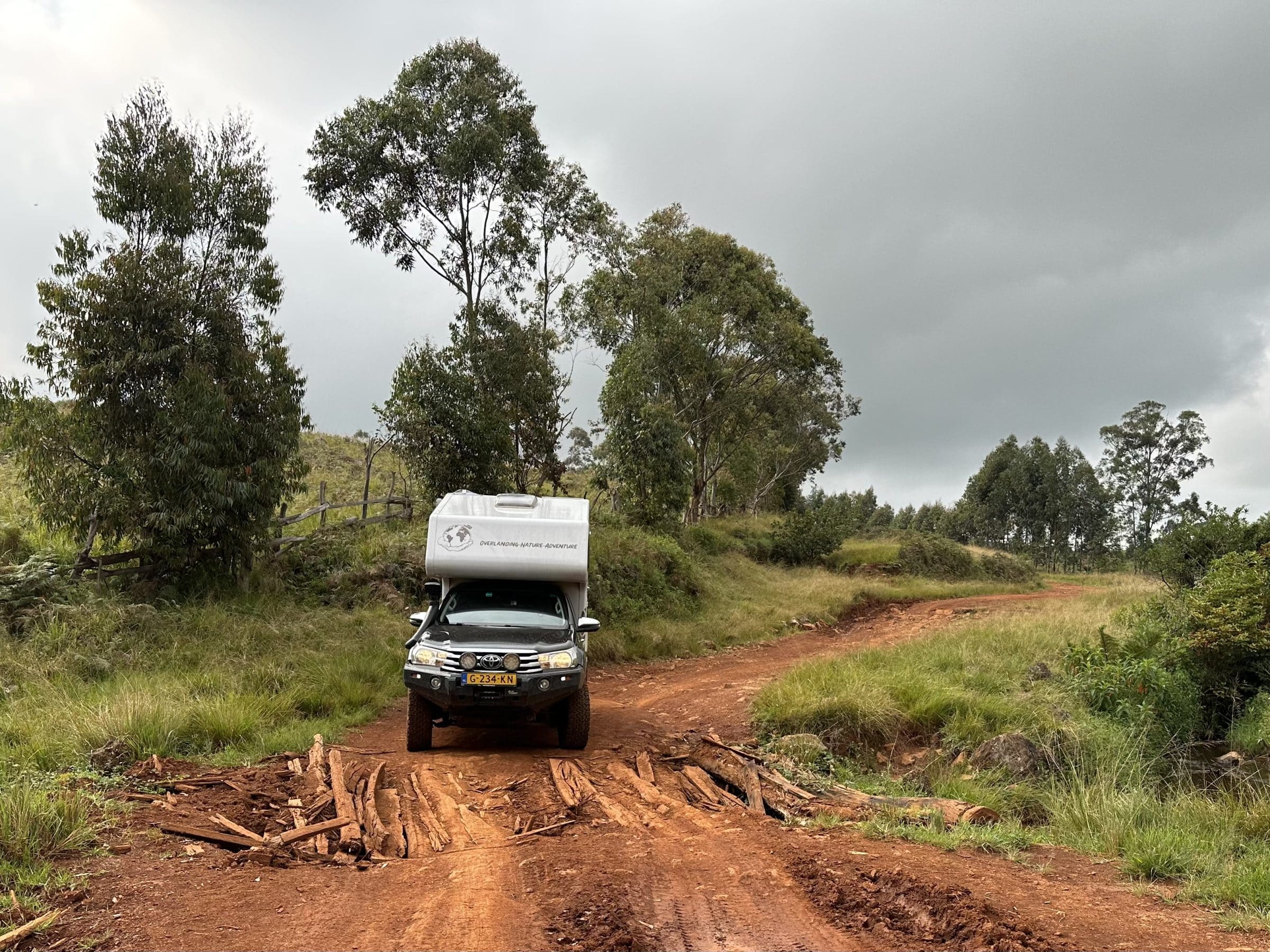
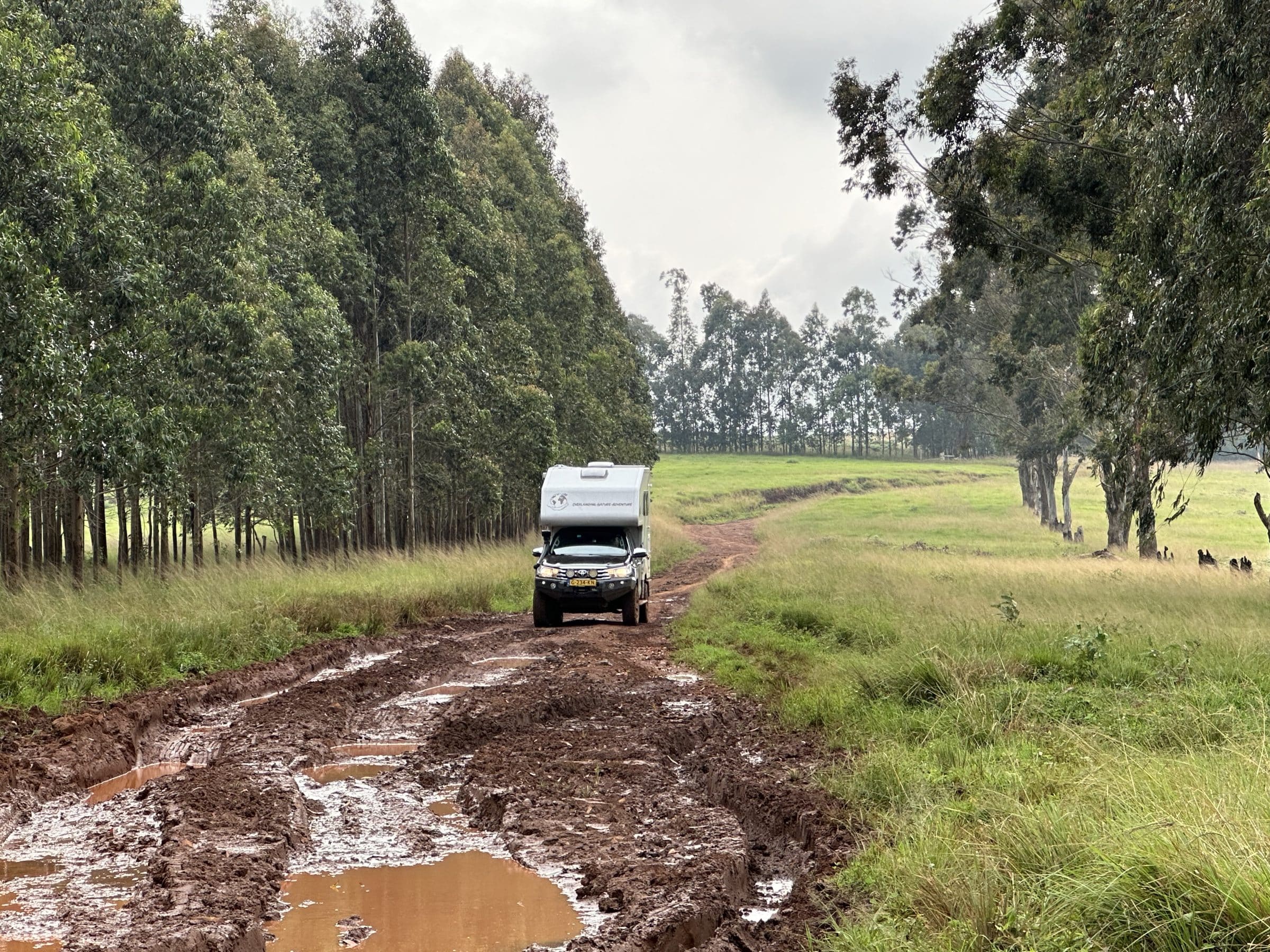
We realize that we no longer reach the border and look for a place for the night. Just like that in a village in the middle of nowhere we stop and ask for the village chief. The people are so friendly here! With a broad smile, the village head shows us a spot right next to his own shelter.
Half the village population gathers around us. There are only a few people here who speak English. One of the villagers complains to us that the village is not even on a map, while there are two schools, a “primary and secondary”.
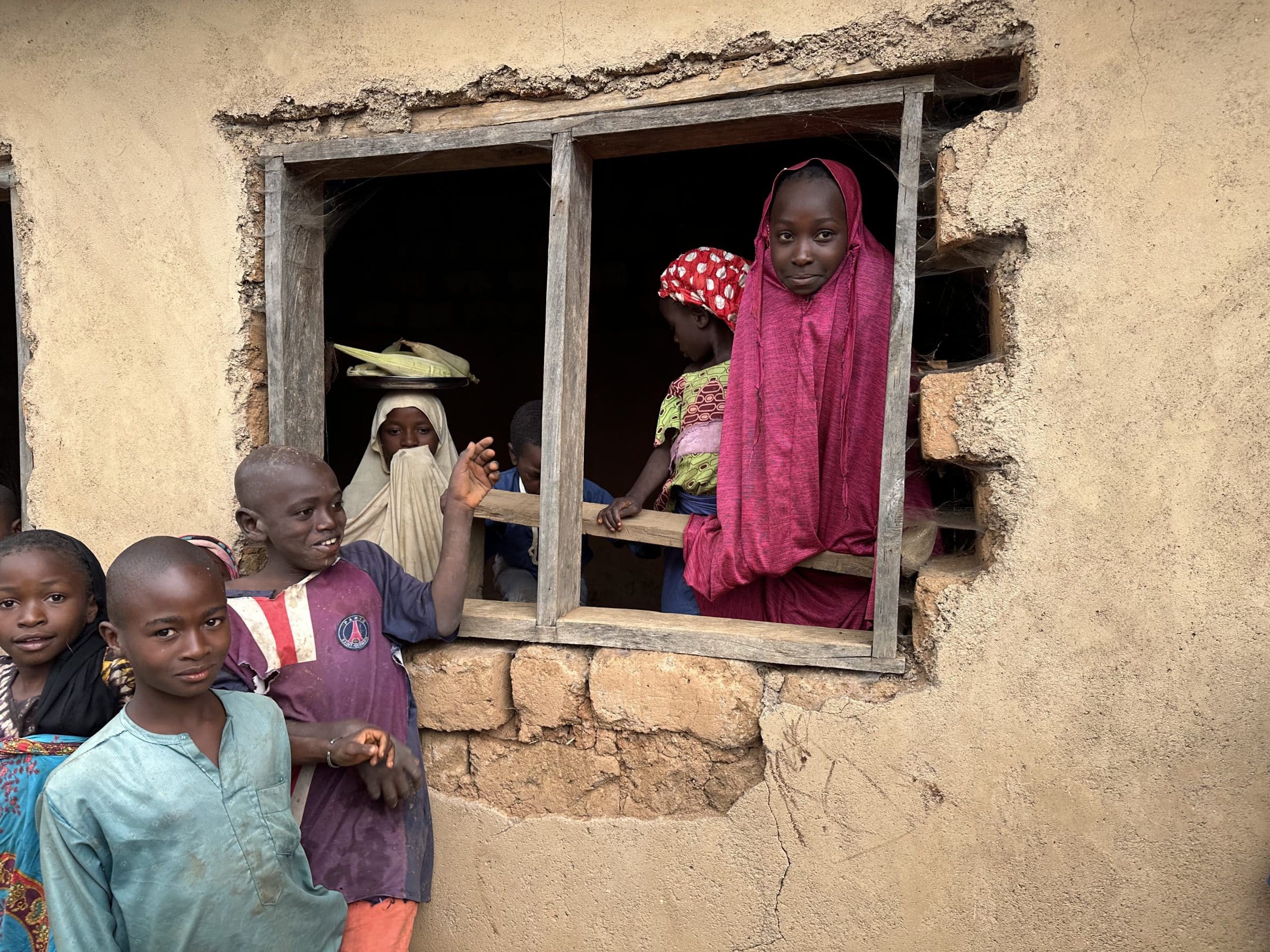
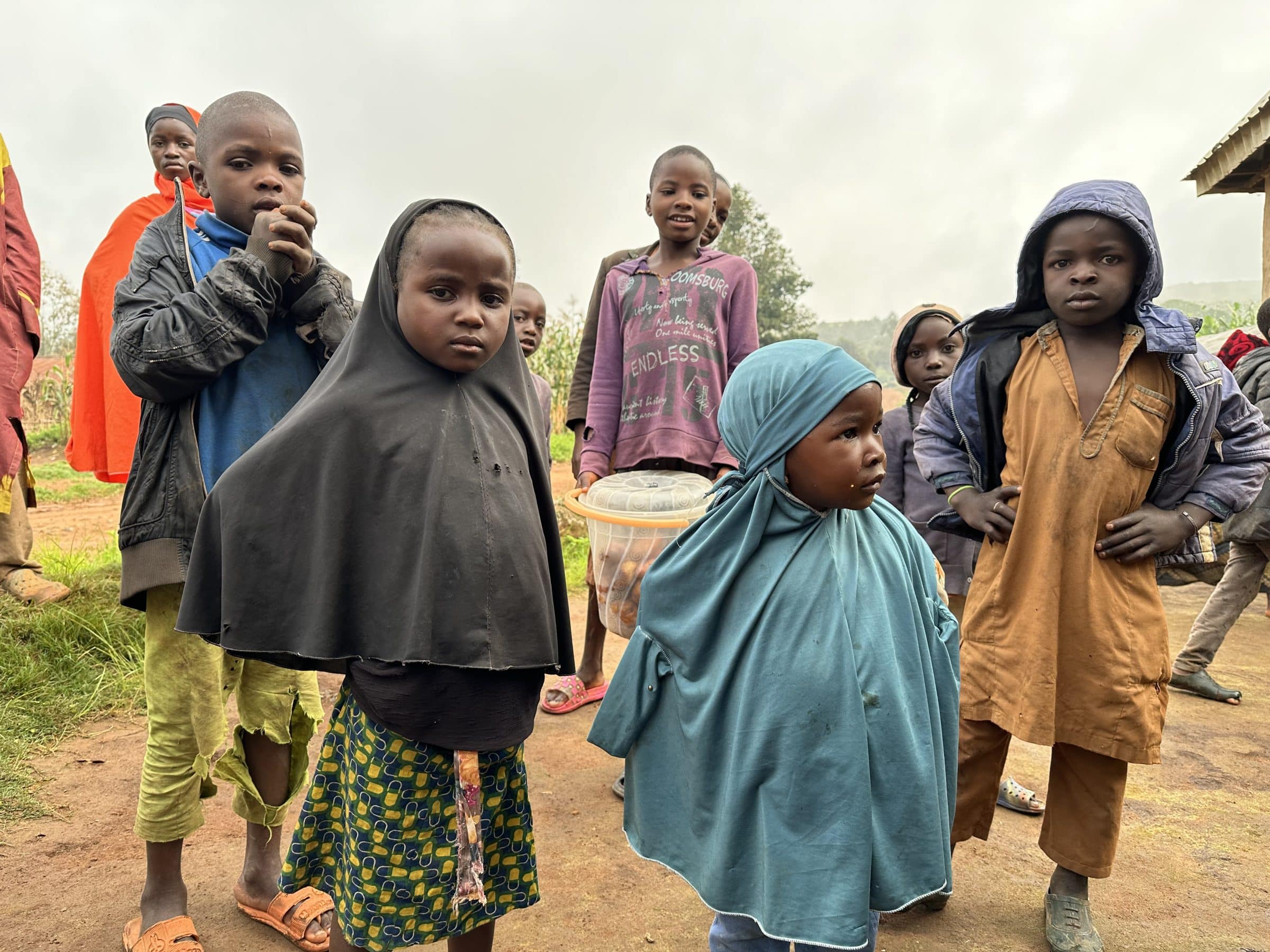
We speak to the only doctor in the village. He is appointed by “the state government” to provide the entire village population with a little health care. Another man suspects that we have contacts with the government and asks if we would like to put in a good word to repair the only access road to the village.
After talking a few words with most of them, we enter the camper, invisible, so that the curious villagers can slowly drift off. When it gets dark it is really dark, of course there is no electricity, but solar panels, generators and internet connections have not yet reached this village.
That means a wonderfully quiet night without roaring generators! The next morning we say goodbye to the village chief and the doctor comes by. He has written a note on behalf of the village chief and we are quite impressed by that. Before we leave we leave a tip for a desired clinic. We almost got tears in our eyes from the happiness that the doctor and villagers showed us.
We will not soon forget the last stretch to the border! This is off road 3.0. We want to avoid damage and lead our vehicle and ourselves to better roads in good order. But it doesn't work here. A thick thunderstorm erupts and the steep paths turn into slides that are difficult to steer. Sometimes we think, “what are we doing?” But yes, this is the only way to progress. And then we look around us, enjoy the surroundings and the lovely people and realize that we are almost there.
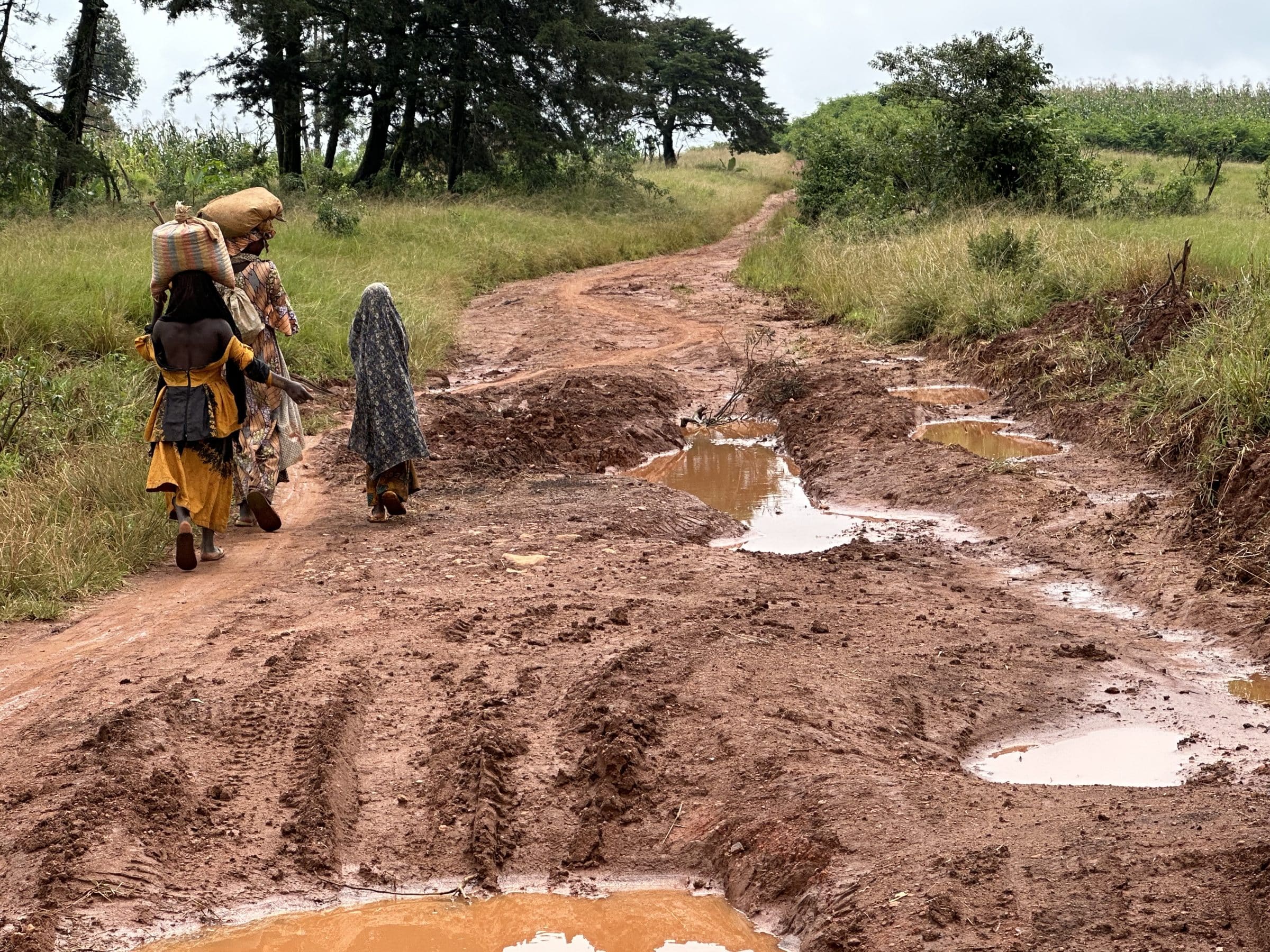
That makes us happy!
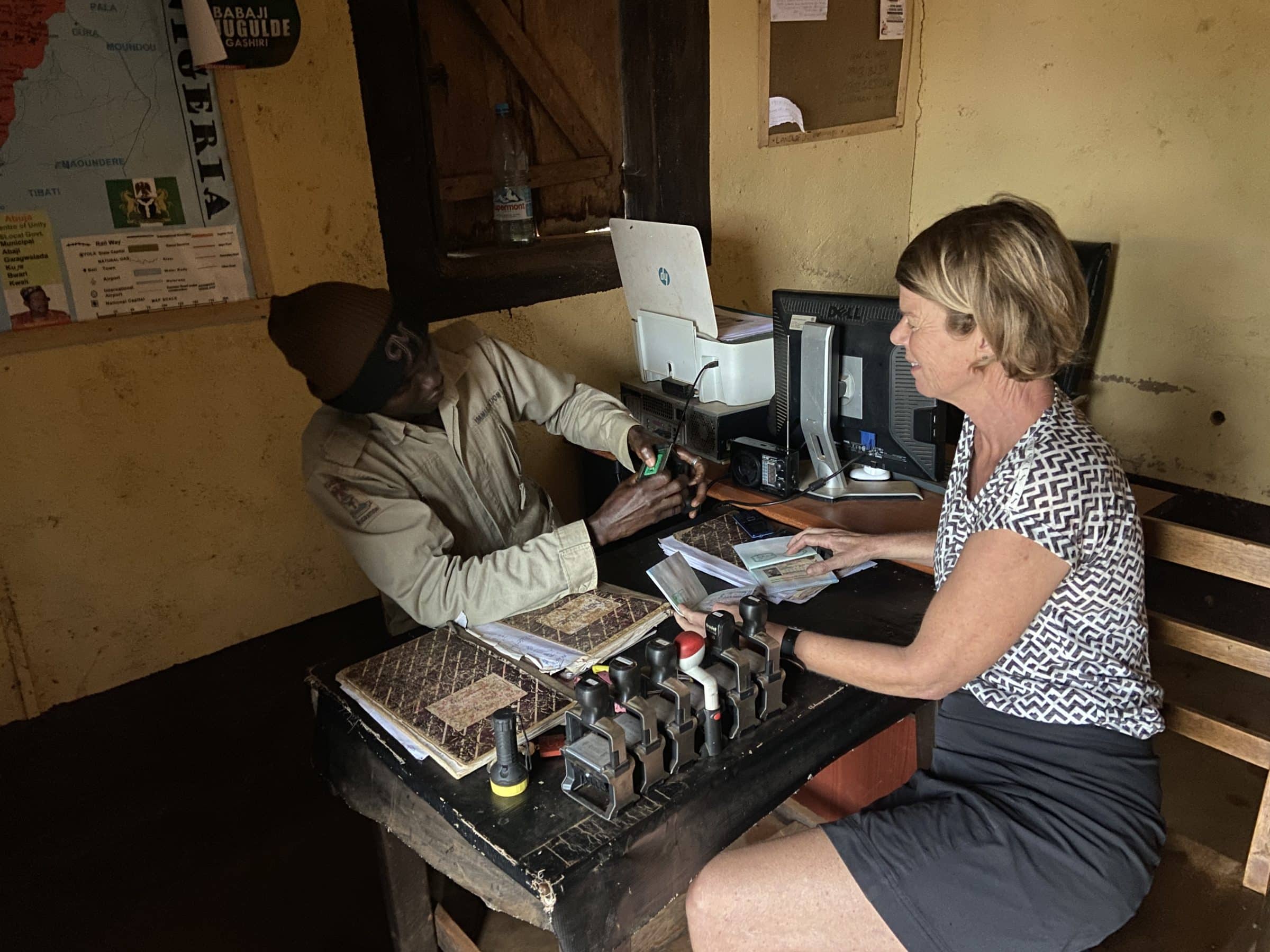
Conclusion Nigeria, added and subtracted
What a country! In Nigeria we went from one surprise to another. It's West Africa squared. A country with many faces. So many people, everywhere. Loud, present and energy-consuming! No, we sometimes locked ourselves in hotel rooms for a little rest.
Traffic honking, people screaming and the roaring sound of generators when the power goes out again. And when we thought we were driving out of a city, many crowded hamlets popped up along the connecting roads.
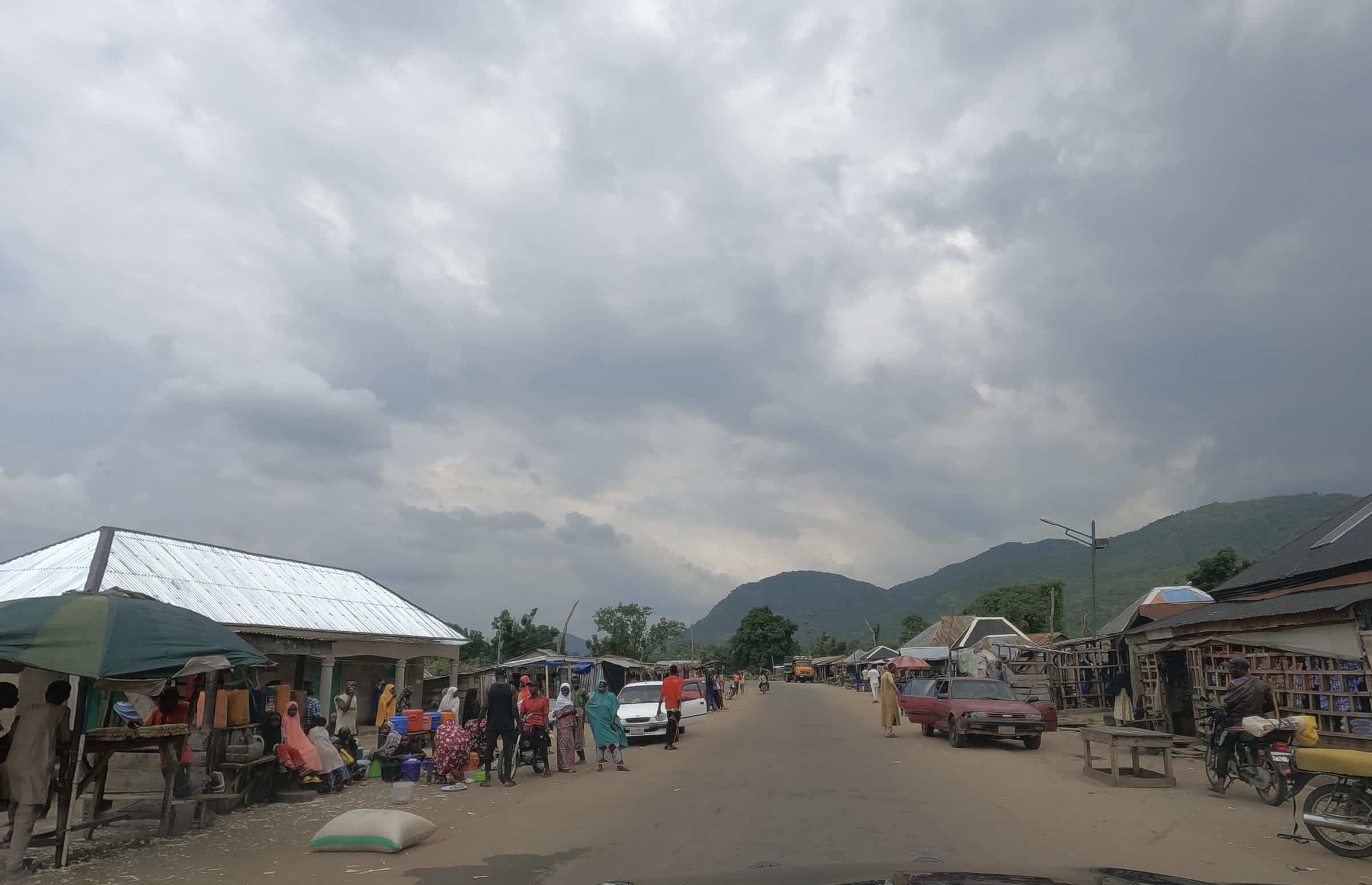
But, in our opinion, the country is in deep trouble, with the great fixed value, the all-destroying deep-rooted corruption. Children are confronted with it from an early age, it is quite normal. On all levels!
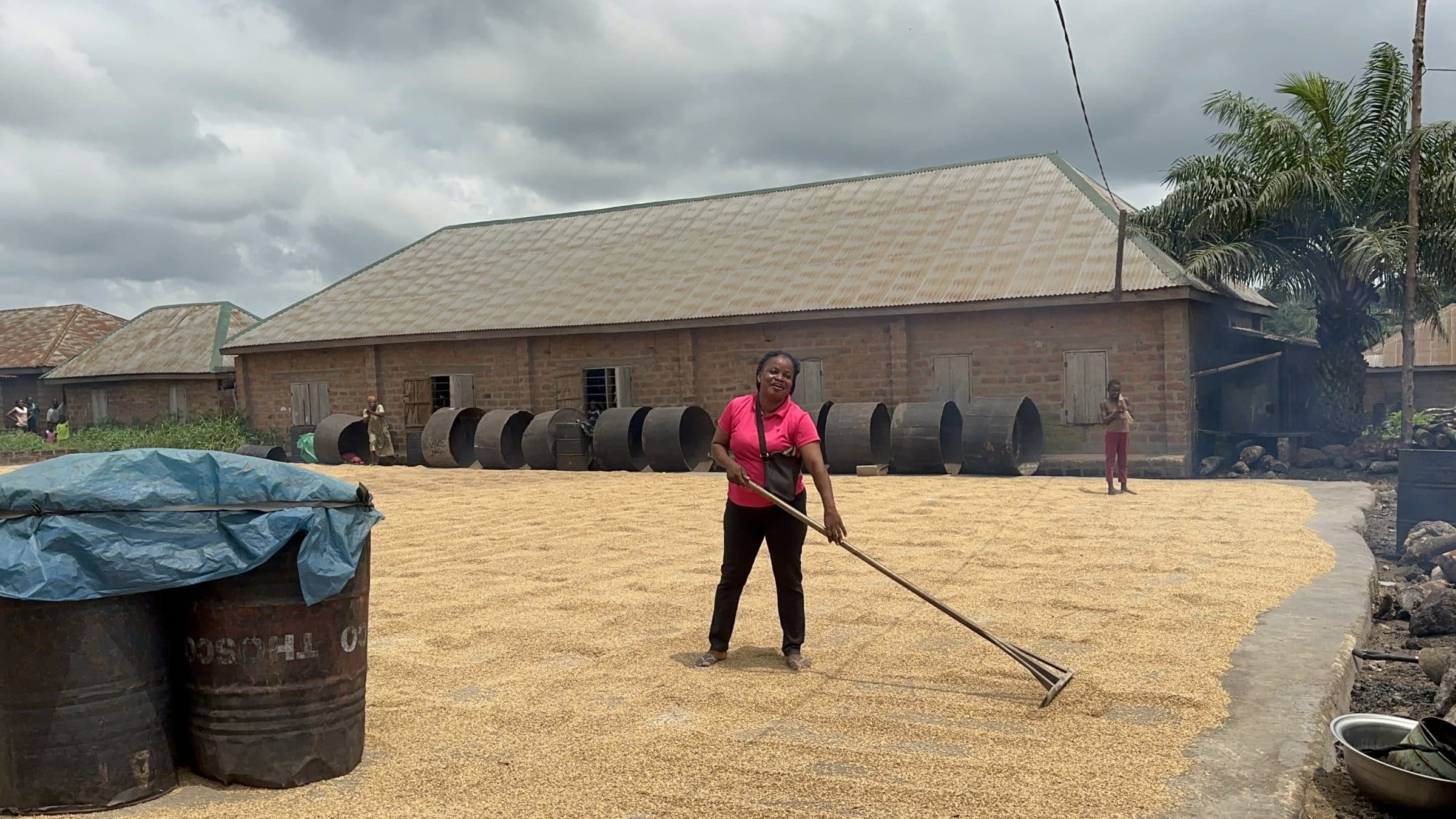
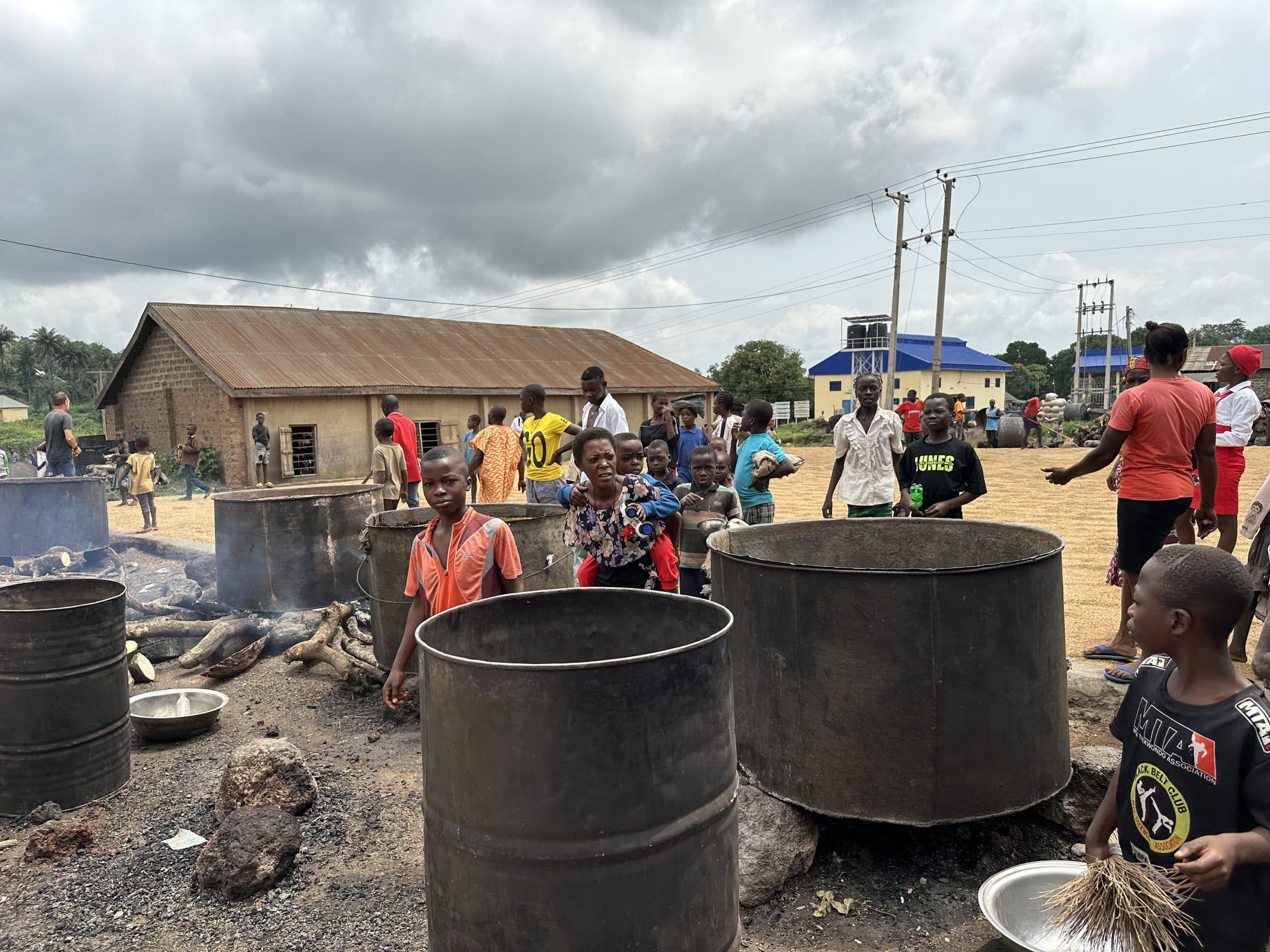
People want to be a mature country, and that is why the hospitality for those few foreigners/whites who visit the country is phenomenal. People really do everything to make you feel at home, no matter how poor. They are happy and proud to show their country and wave with both hands at the same time!
We experienced it as a country where the energy is sucked out of you, everyone pulls at you.
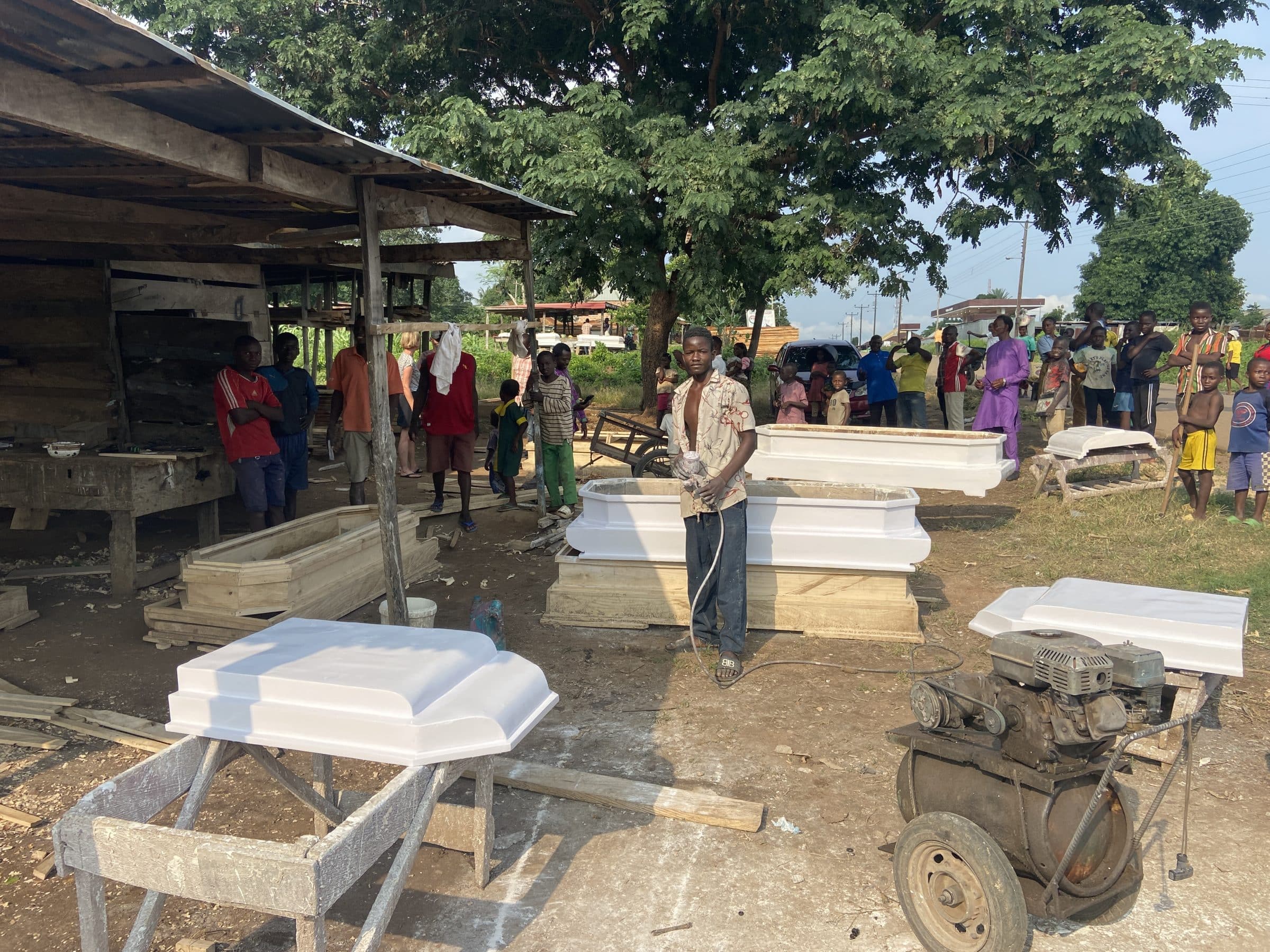
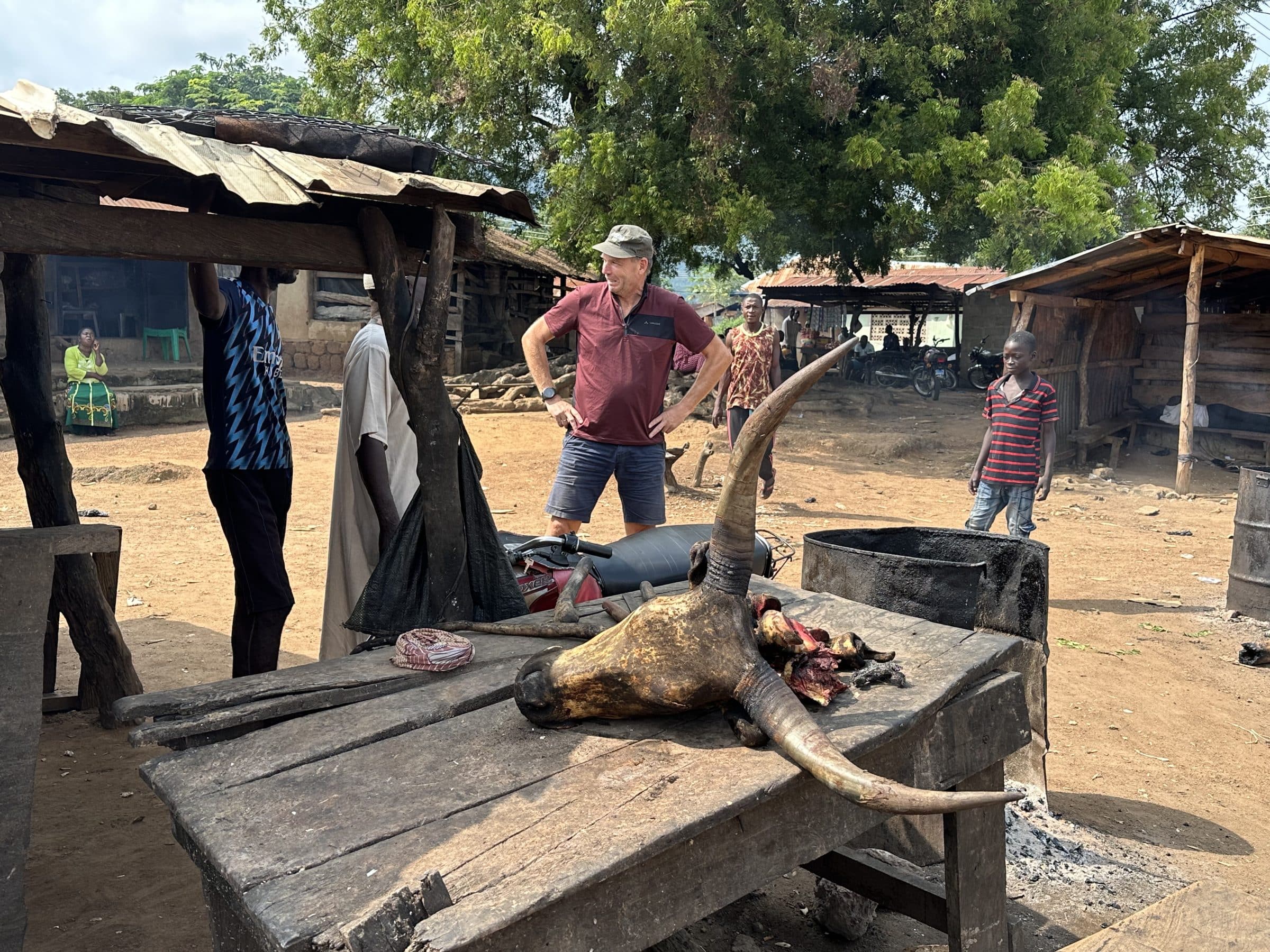
The road network is often poor; and by bad we mean really bad. On many highways you are happy if you reach 25 kilometers per hour. Trucks become stranded in mud pits and regularly cause roadblocks. And then suddenly you come to a beautiful asphalted new road. But then you have to be careful, another huge hole pops up just like that.
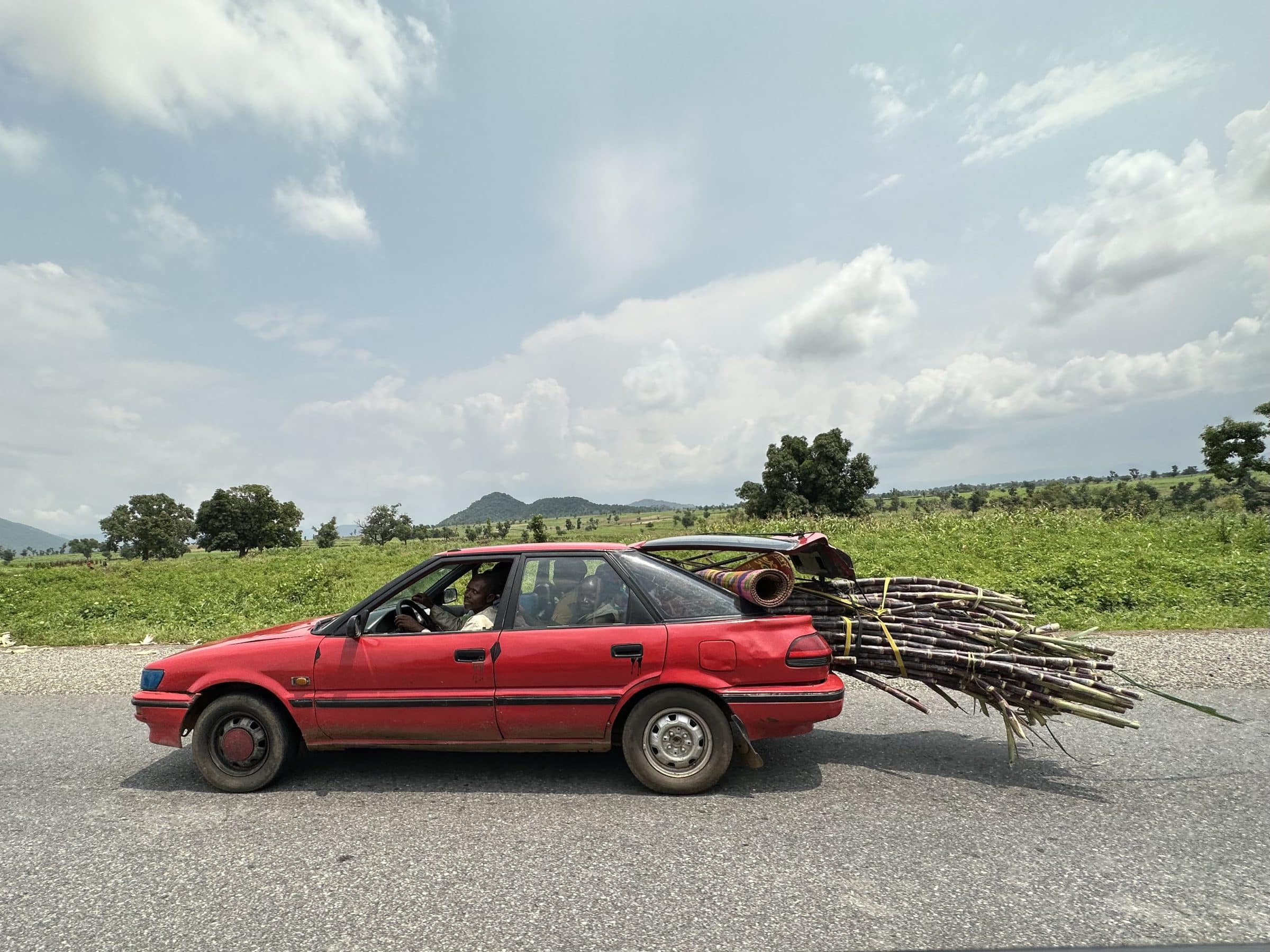
The country is currently unsuitable for regular tourism. You need to have a fair amount of adventurousness to handle the country. The stories about insecurity and the color codes that are scattered across the country have not prevented us from visiting. And we don't regret that for a moment, we never felt unsafe. Being welcomed a hundred times a day is quite normal.
Use common sense, listen to the locals and know what you're doing!
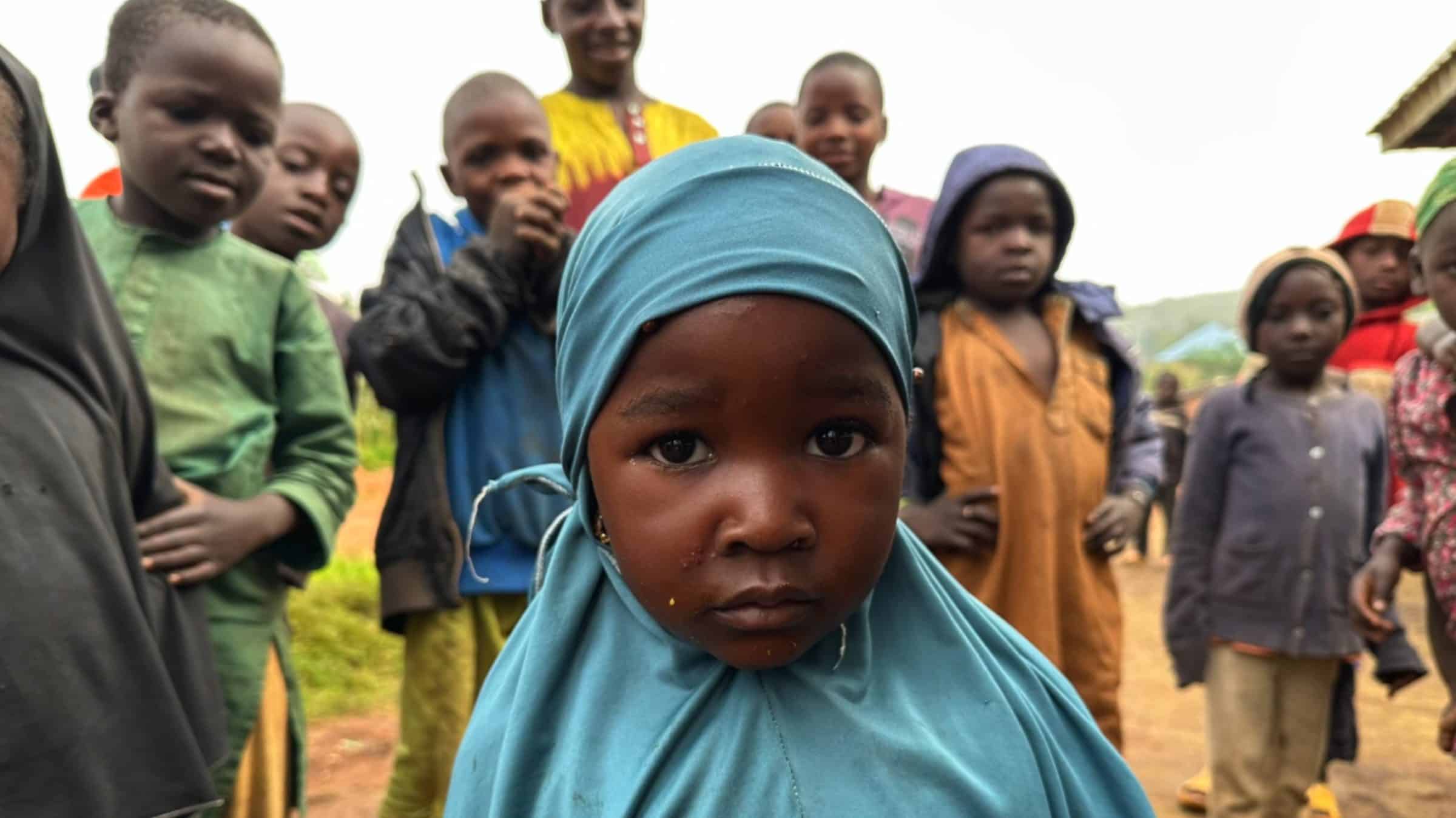
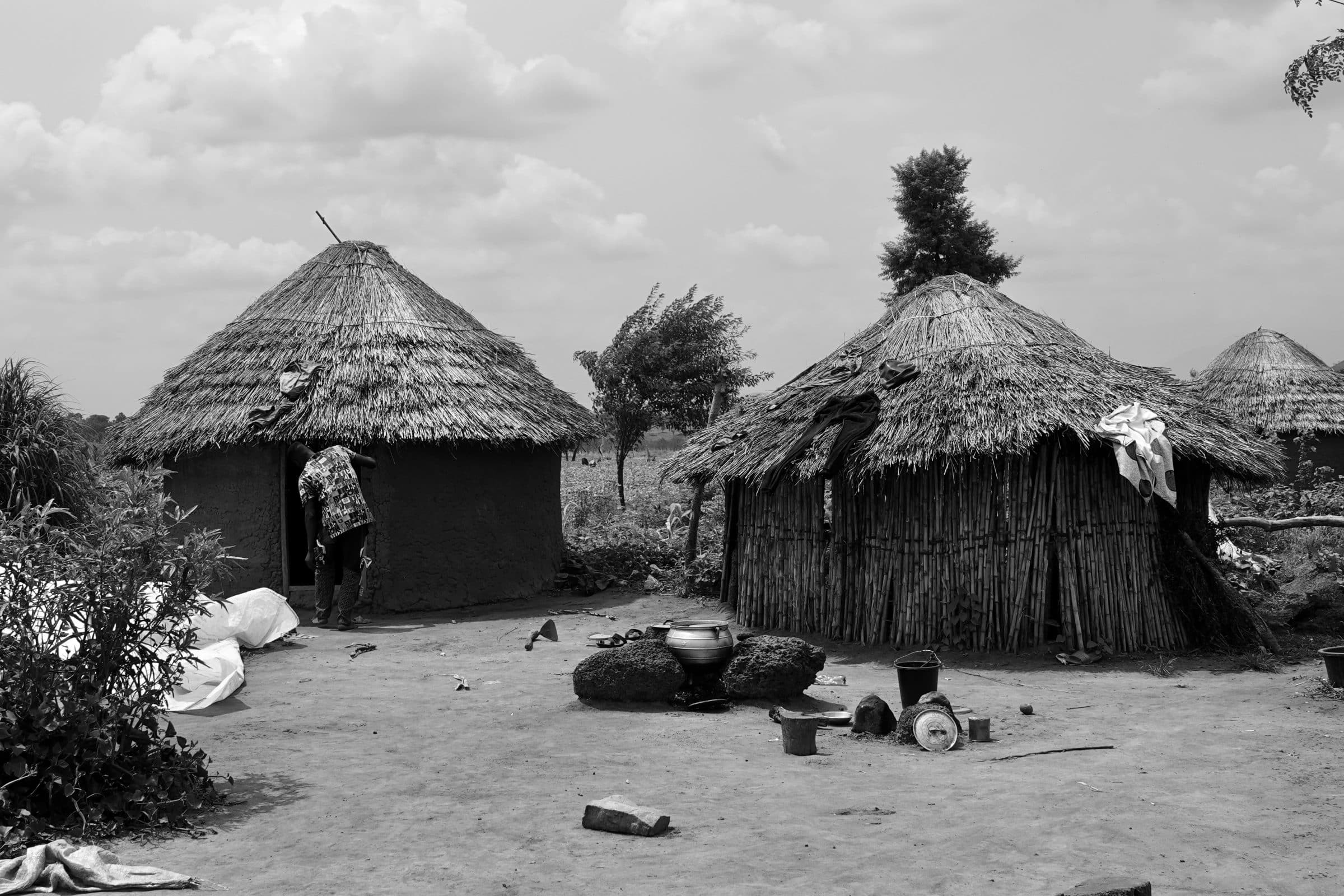
Plan your holiday to Africa here
- Itineraries you can compare + request quotes Africaplus, Africa tailor-made, Djoser, king monkey, rickshaw travel, sawadee en shoestring.
- Flight tickets for Africa you book through Skyscanner.
- Hostels, Hotels and Resorts in Africa you book Booking.com.
- Rental cars : Sunnycars en rental cars.
- Tours and Activities in Africa you book through GetYourGuide.
- travel items such as suitcases, bags and more you can buy at Bol.com.
- SIM cards for Africa you buy extra International sim.
- Parking at the airport you can arrange via Parkos, park care of iParking.


